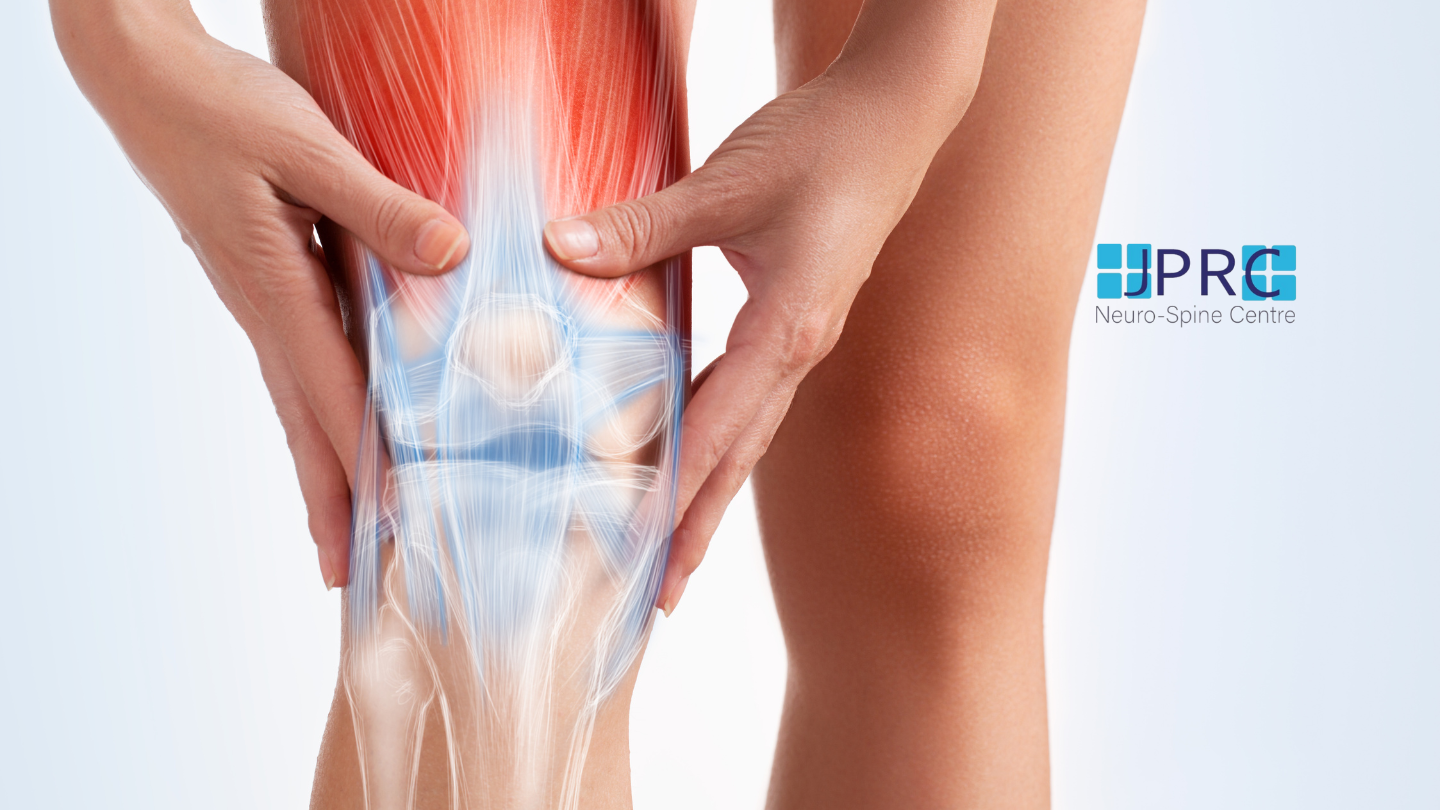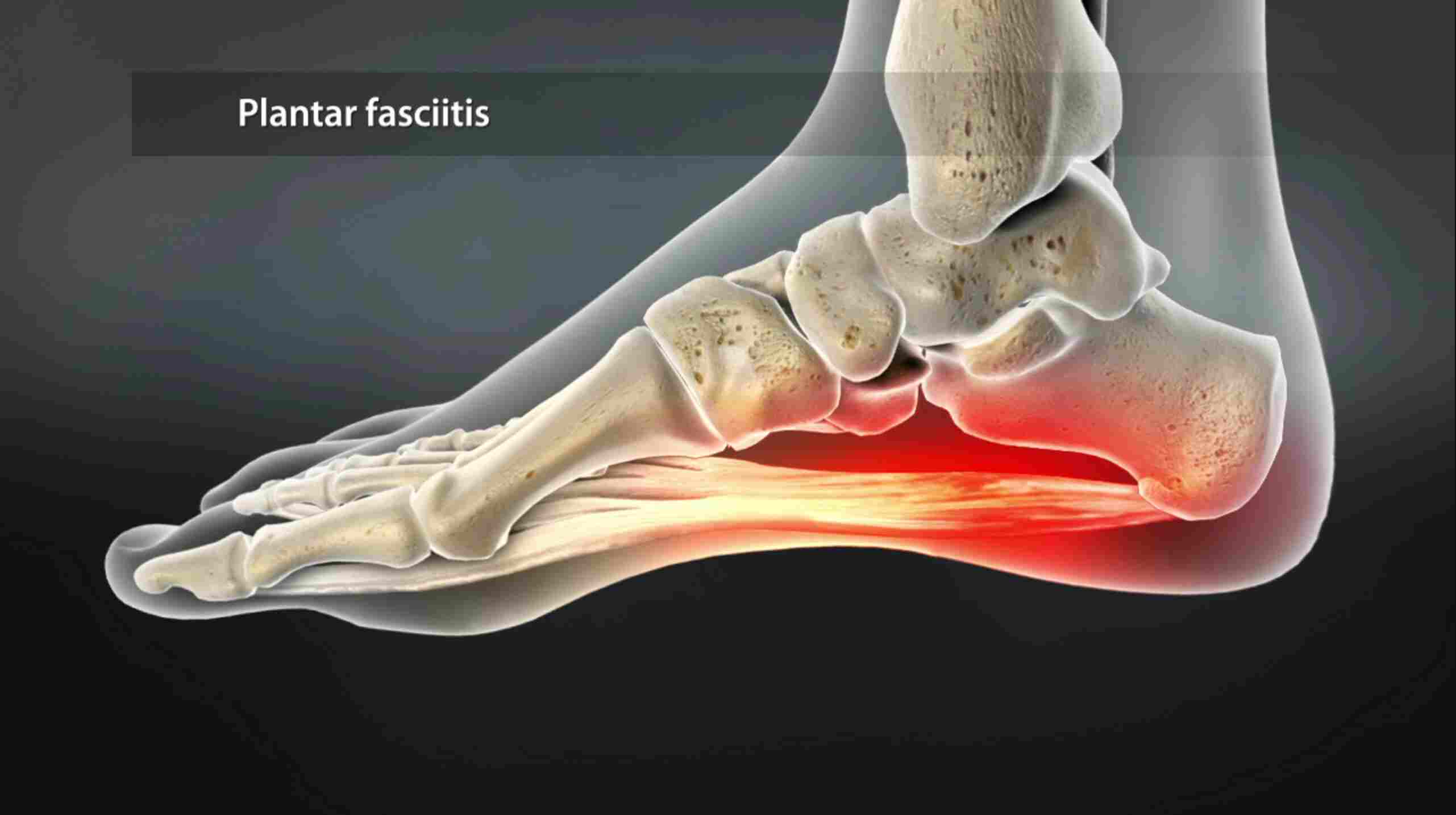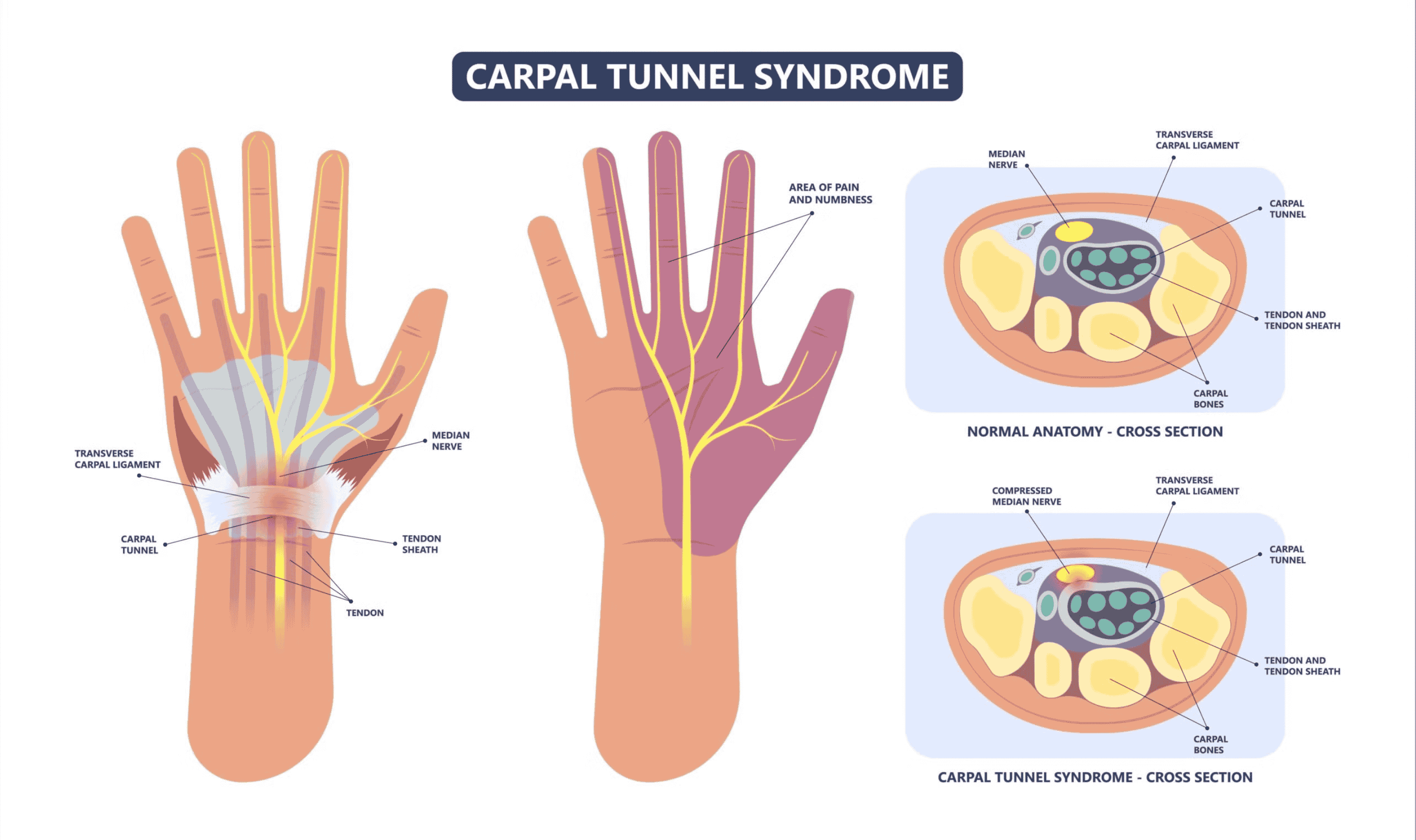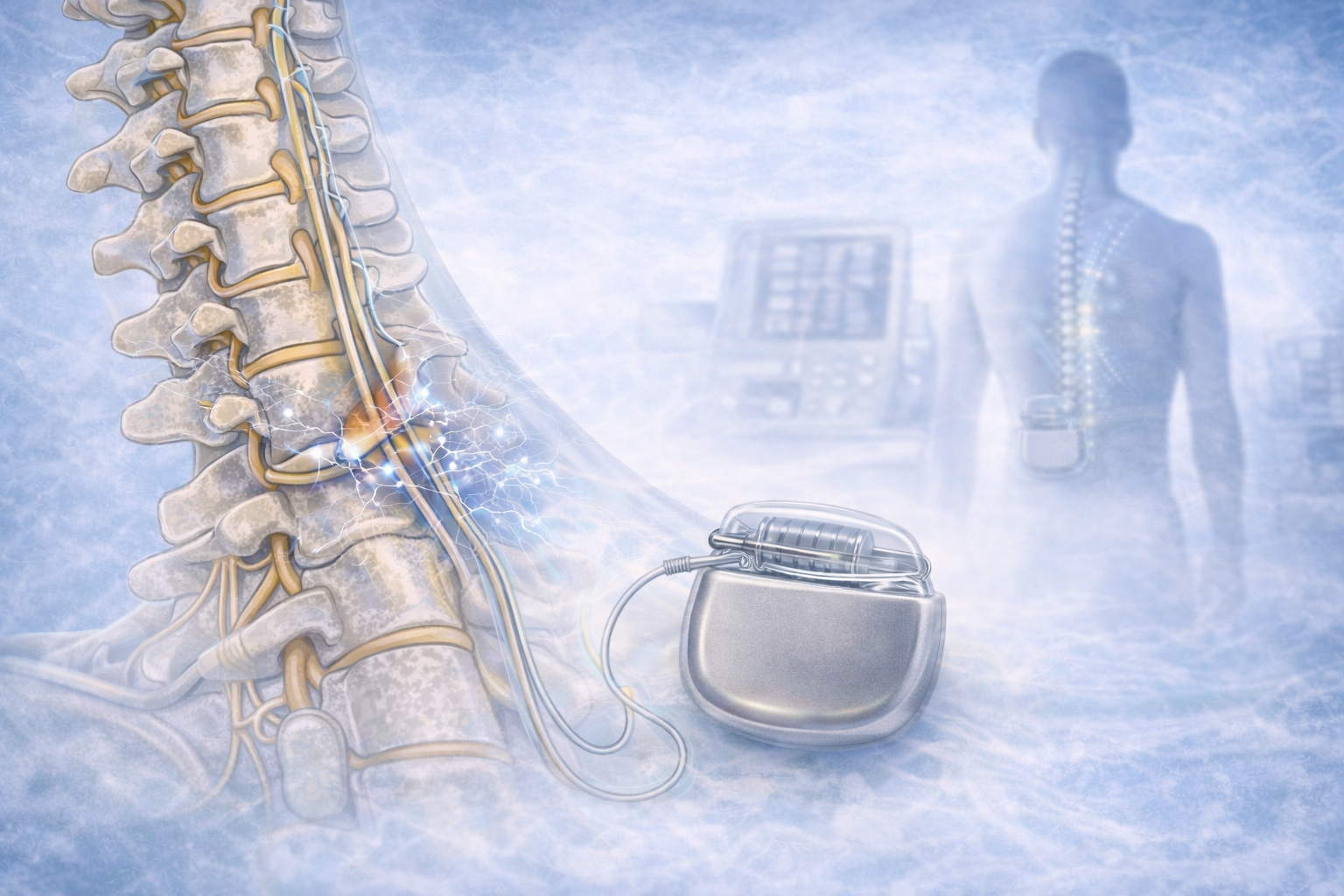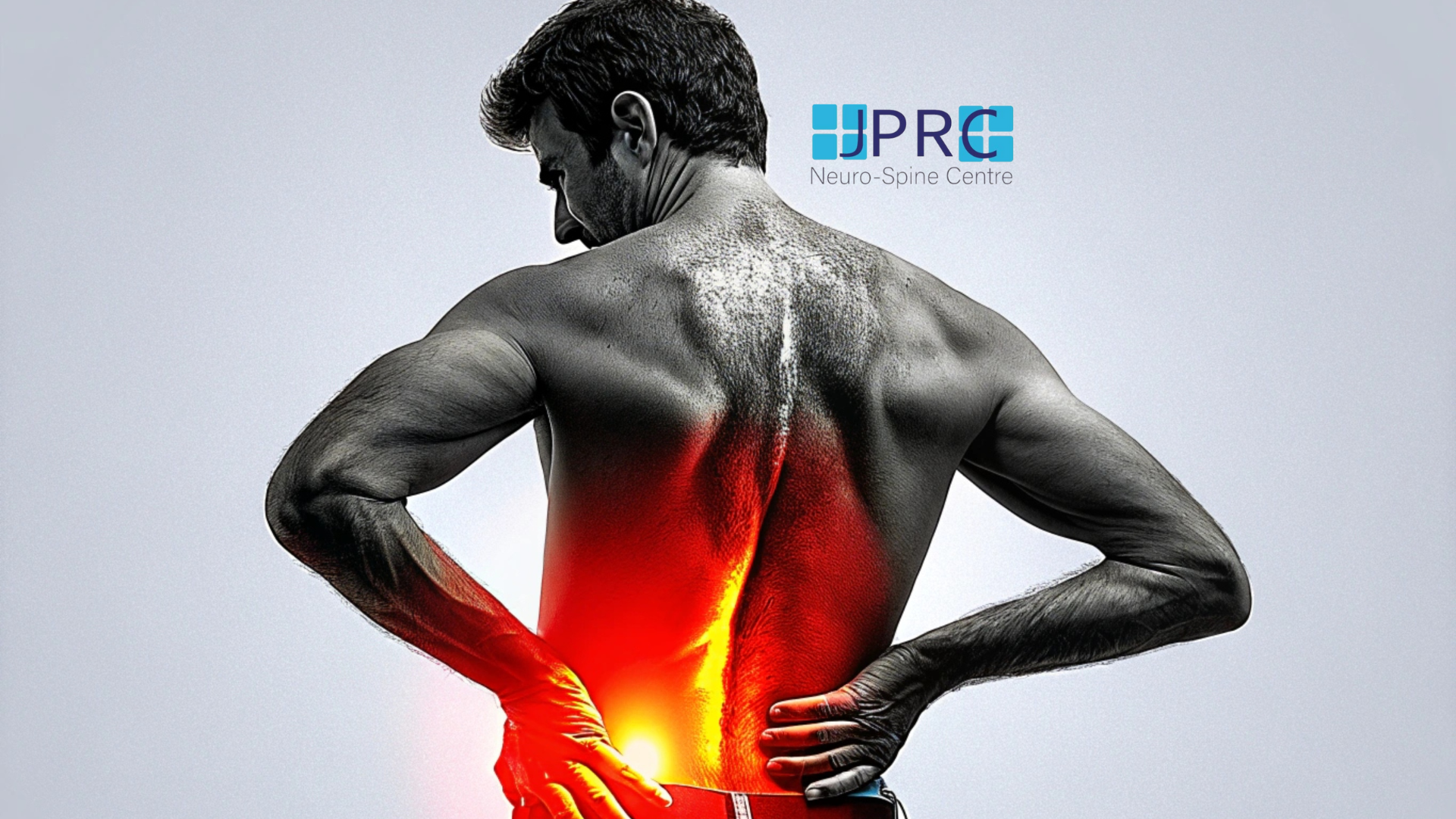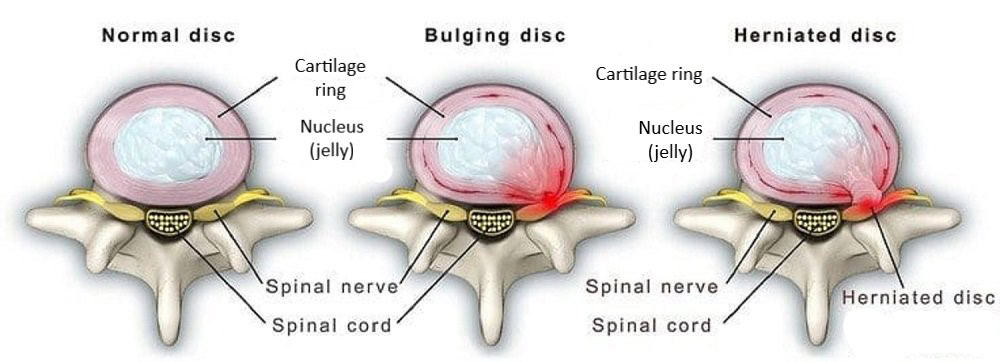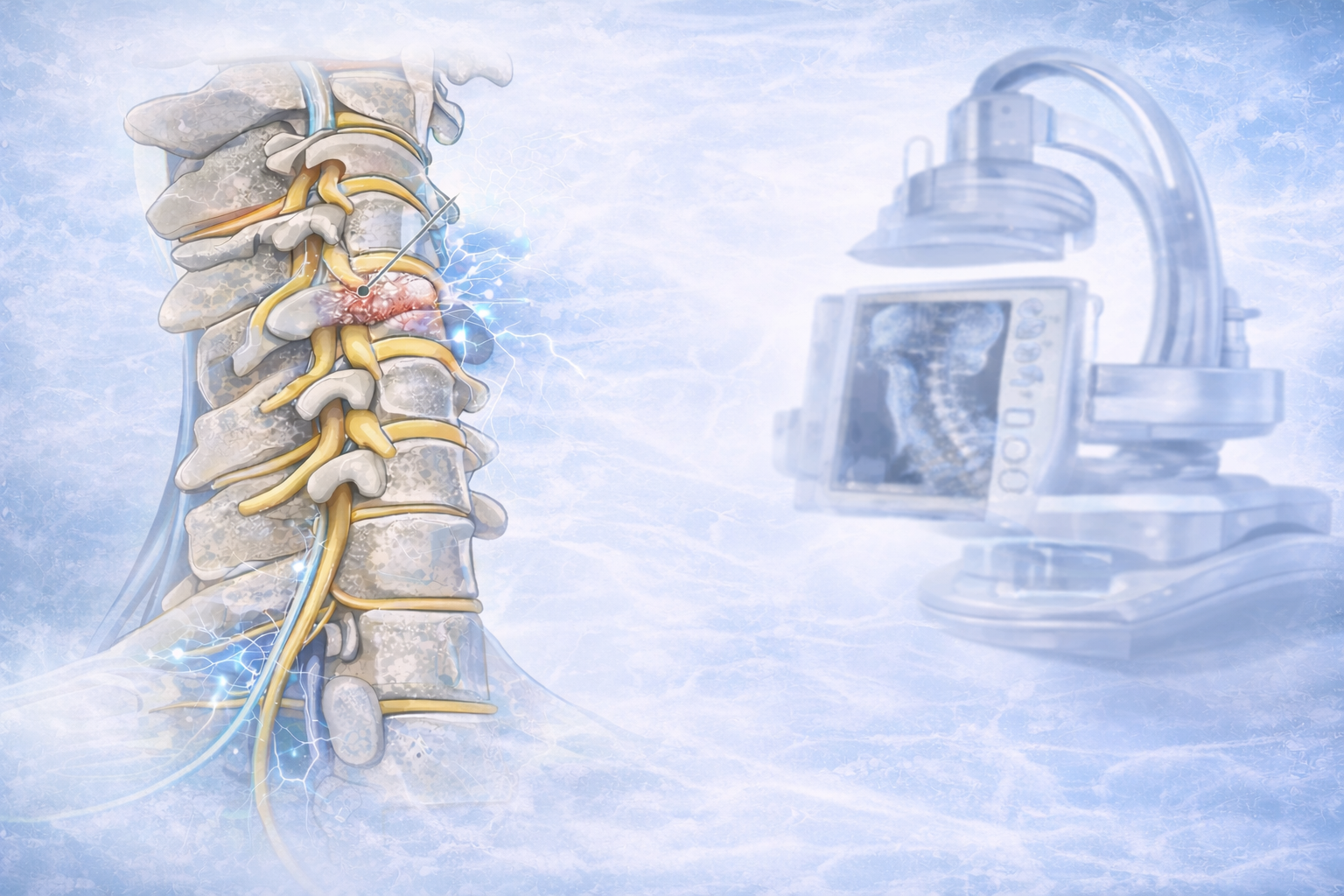Pinched Nerve: Understanding the Causes, Symptoms, and Non-Surgical Treatment Options
Dealing with a pinched nerve can be a literal pain in the neck (or back, or elsewhere). Pinched nerves can cause a variety of uncomfortable symptoms that affect your daily life. In this blog, we'll dive into what causes a pinched nerve, how to recognize its symptoms, and explore non-surgical treatment options available at JPRC Neuro Spine Centre under the expertise of Dr. Sanjay Sharma.
Understanding Pinched Nerves
A pinched nerve occurs when there is too much pressure applied to a nerve by surrounding tissues, such as bones, cartilage, muscles, or tendons. This compression disrupts the nerve's function, leading to pain, tingling, numbness, or weakness in the affected area. Pinched nerves commonly occur in the spine (such as the cervical or lumbar spine) but can also occur in other parts of the body.
Causes of Pinched Nerves
Pinched nerves can result from various factors, including:
- Herniated discs or bulging discs
- Bone spurs or arthritis
- Injury or trauma- Poor posture
- Repetitive motion or overuse
- Obesity or excessive weight
Recognizing Pinched Nerve Symptoms
Symptoms of a pinched nerve can vary depending on the location and severity of the compression. Common symptoms include:
- Pain that radiates from the affected area
- Tingling or numbness
- Weakness or muscle atrophy
- Burning sensation
- Difficulty moving or performing certain activities
Non-Surgical Treatment Options at JPRC Neuro Spine Centre
Dr. Sanjay Sharma specializes in non-surgical treatment options for pinched nerves, offering patients effective relief without the need for invasive procedures. Some of the treatment options available include:
- Medication Management: Prescription medications such as anti-inflammatories, muscle relaxants, or pain relievers may help alleviate symptoms and reduce inflammation around the pinched nerve.
- Physical Therapy: Tailored exercise programs and manual therapy techniques can help improve strength, flexibility, and posture, reducing pressure on the pinched nerve and promoting healing.
- Interventional Procedures: Minimally invasive procedures such as epidural steroid injections, nerve blocks, or radiofrequency ablation may provide targeted relief by reducing inflammation and blocking pain signals from the pinched nerve.
Conclusion
Dealing with a pinched nerve can be painful and disruptive, but you don't have to suffer in silence. With the expertise of Dr. Sanjay Sharma and the non-surgical treatment options available at JPRC Neuro Spine Centre, relief is within reach. If you're experiencing symptoms of a pinched nerve, don't hesitate to schedule a consultation and explore your treatment options. Remember, effective treatment can help you get back to doing the things you love without the pain of a pinched nerve holding you back.

10.jpg)








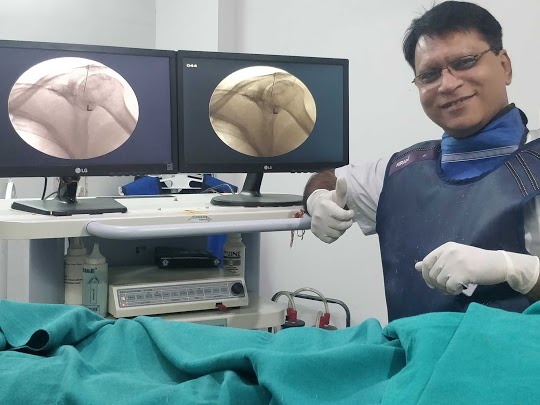



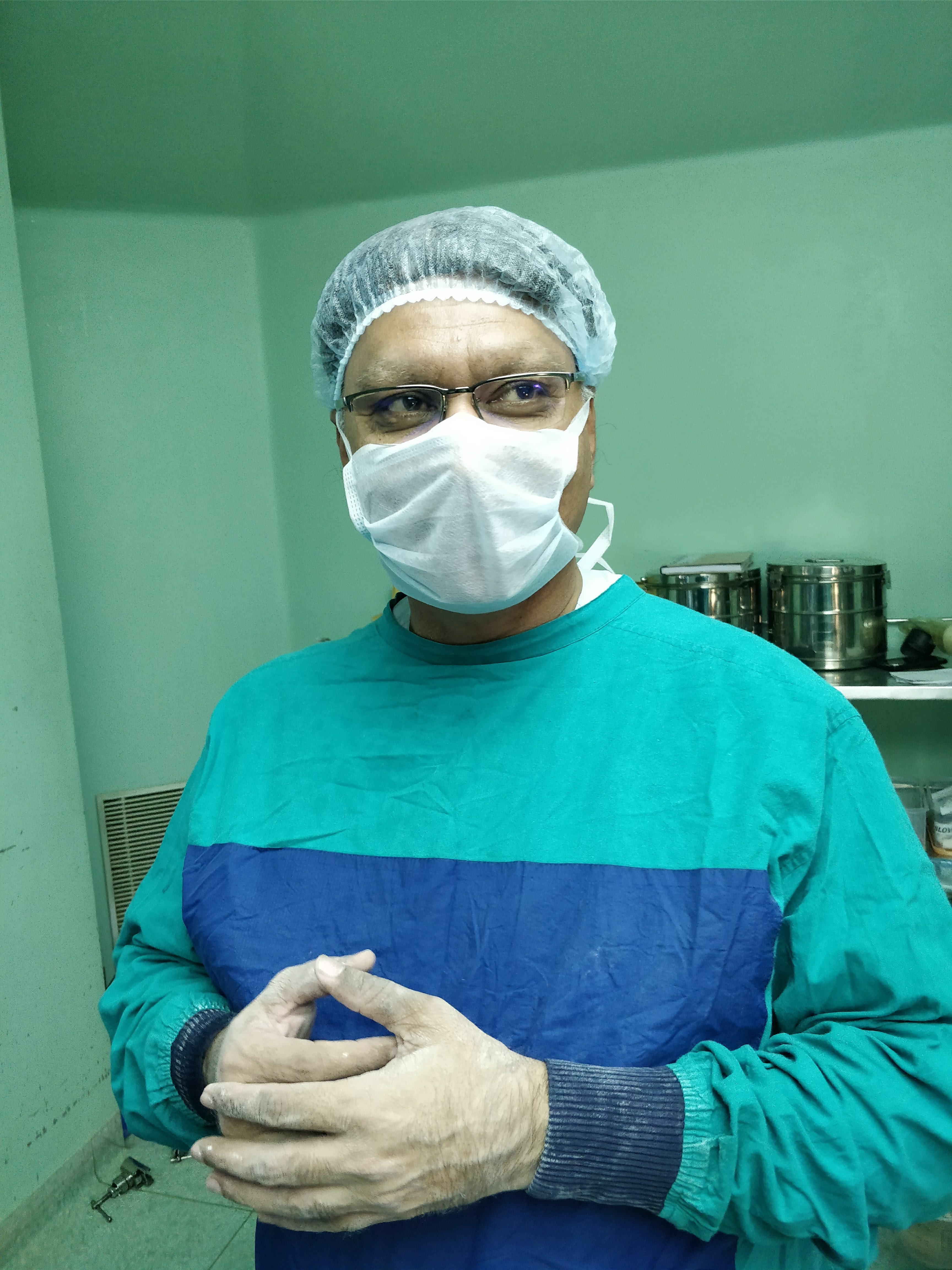
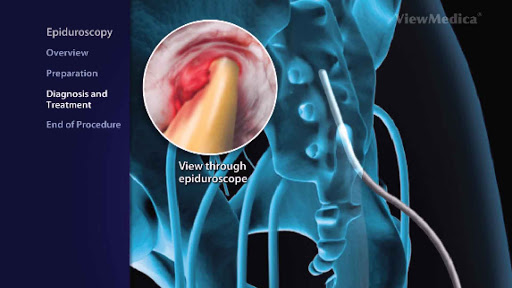

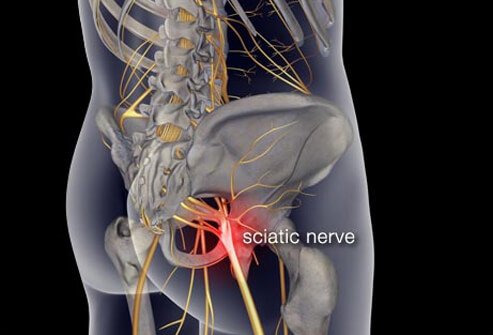

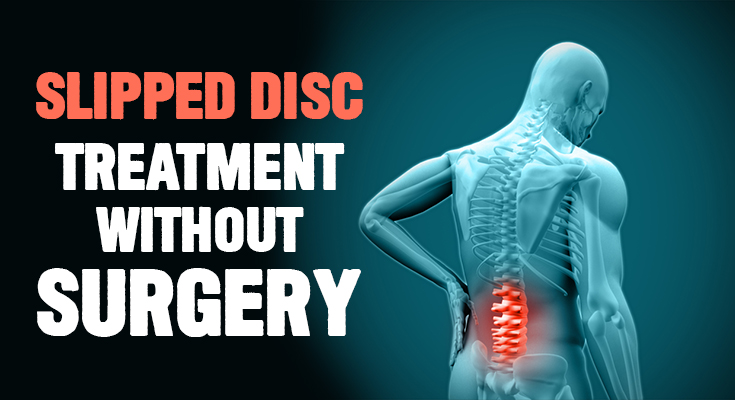




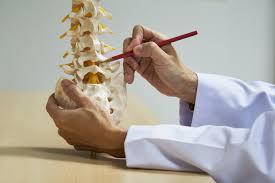
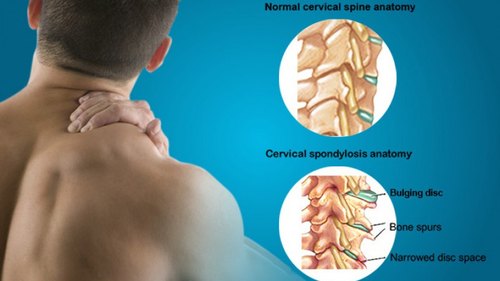
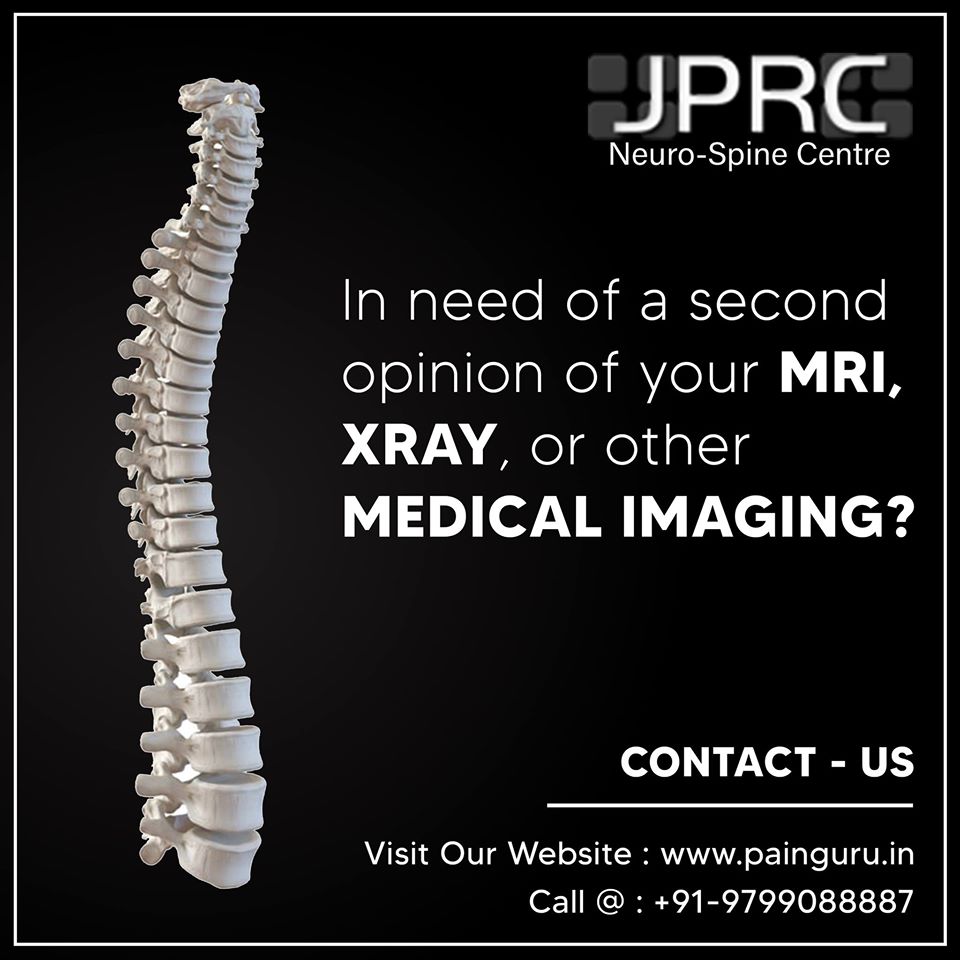






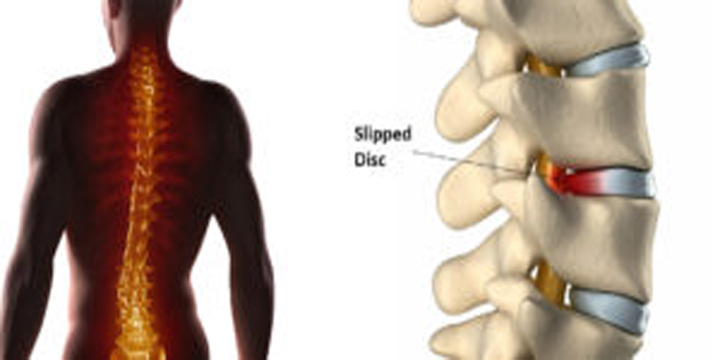
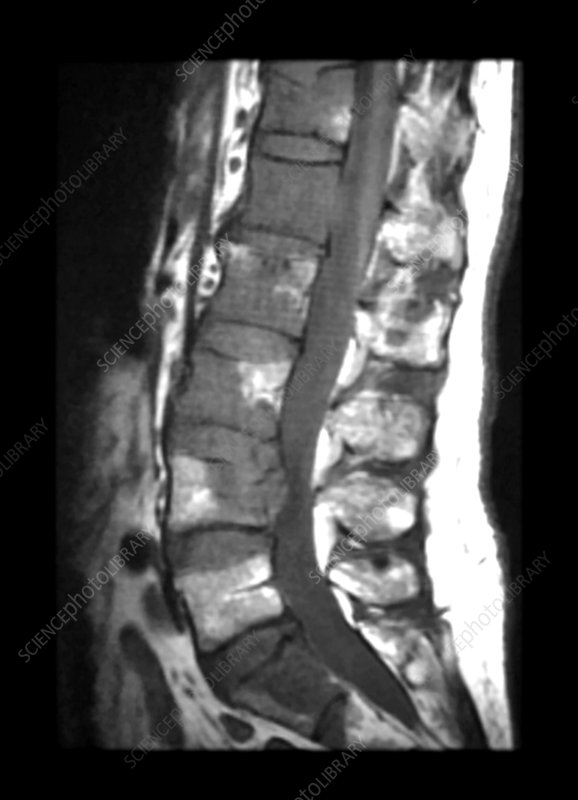
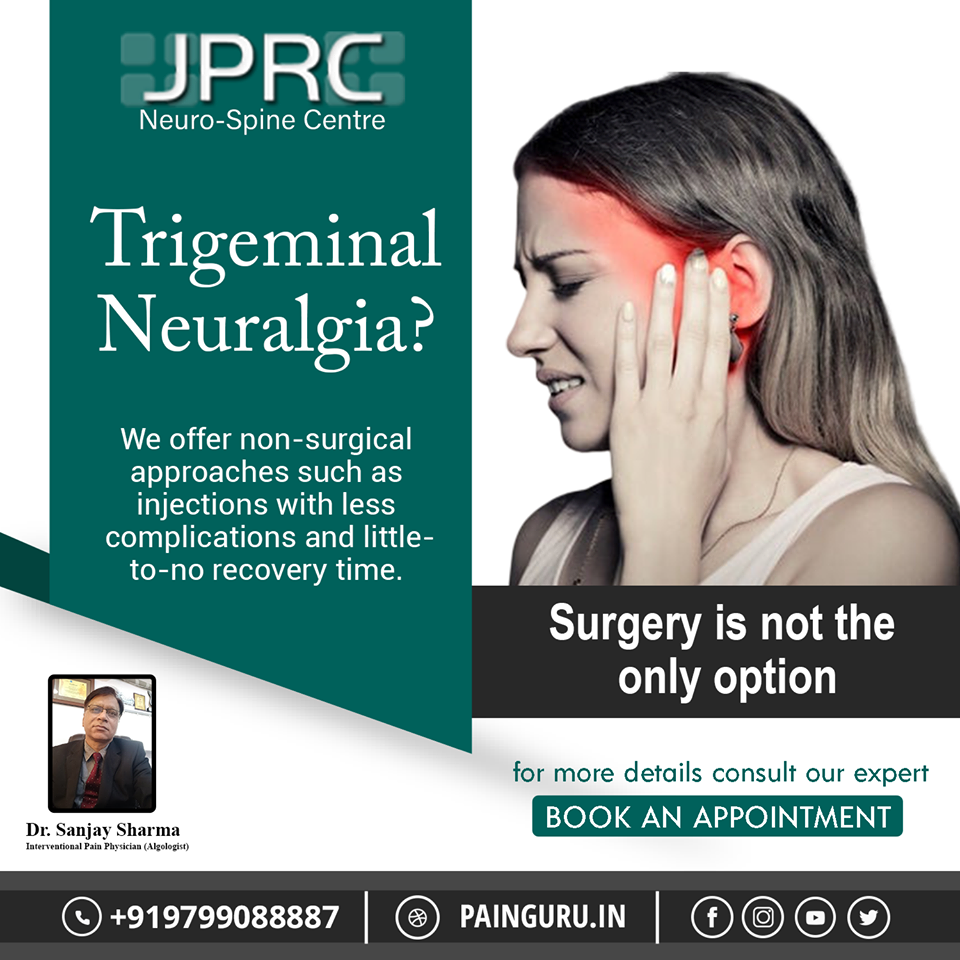



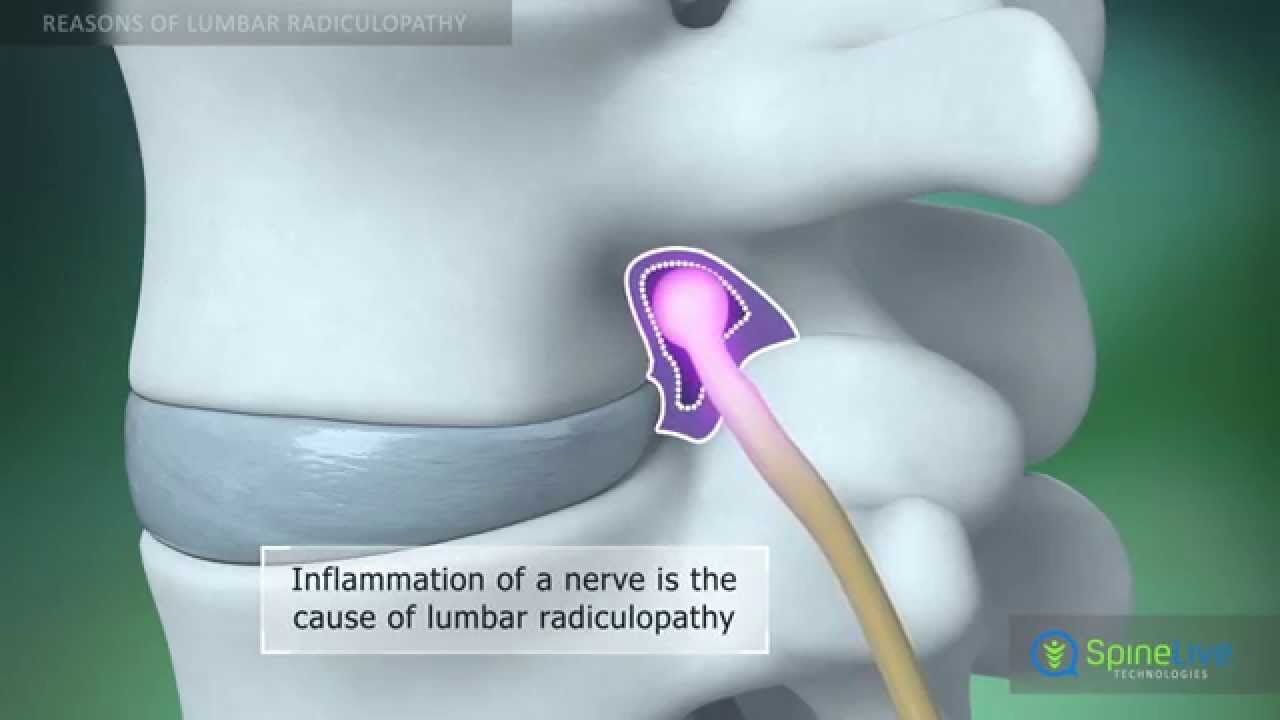
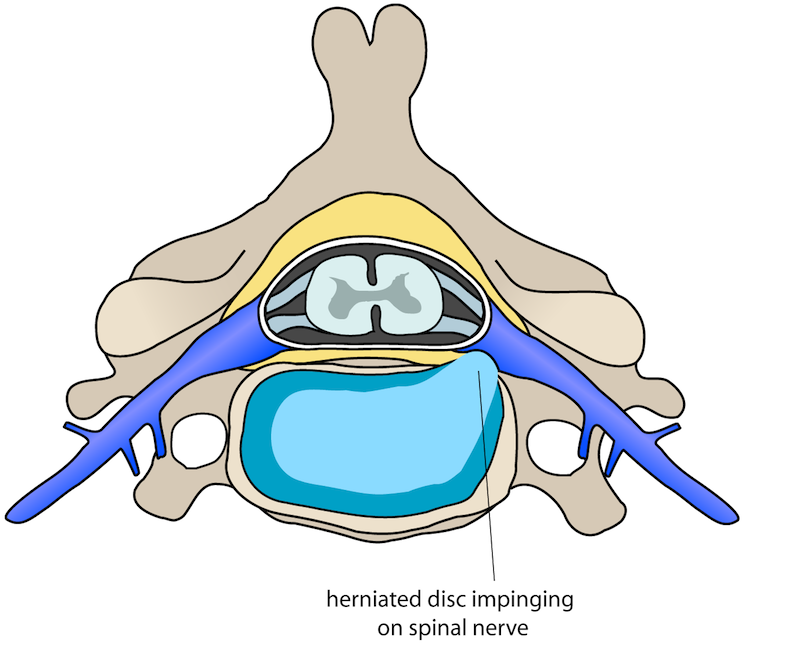
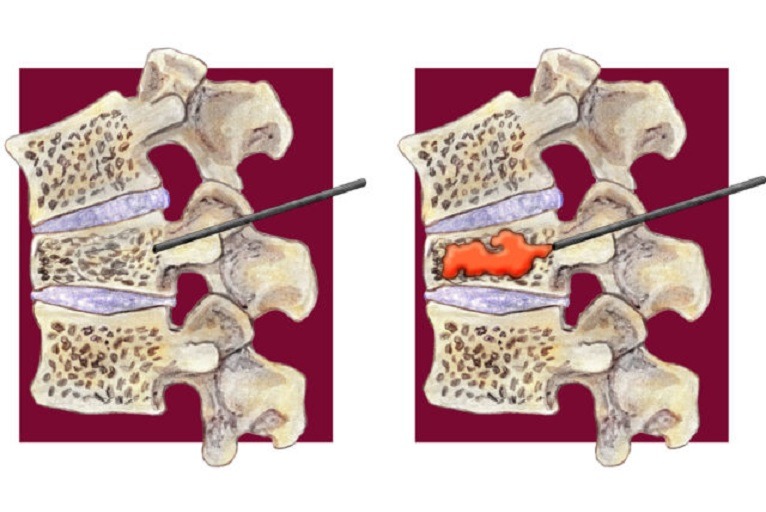











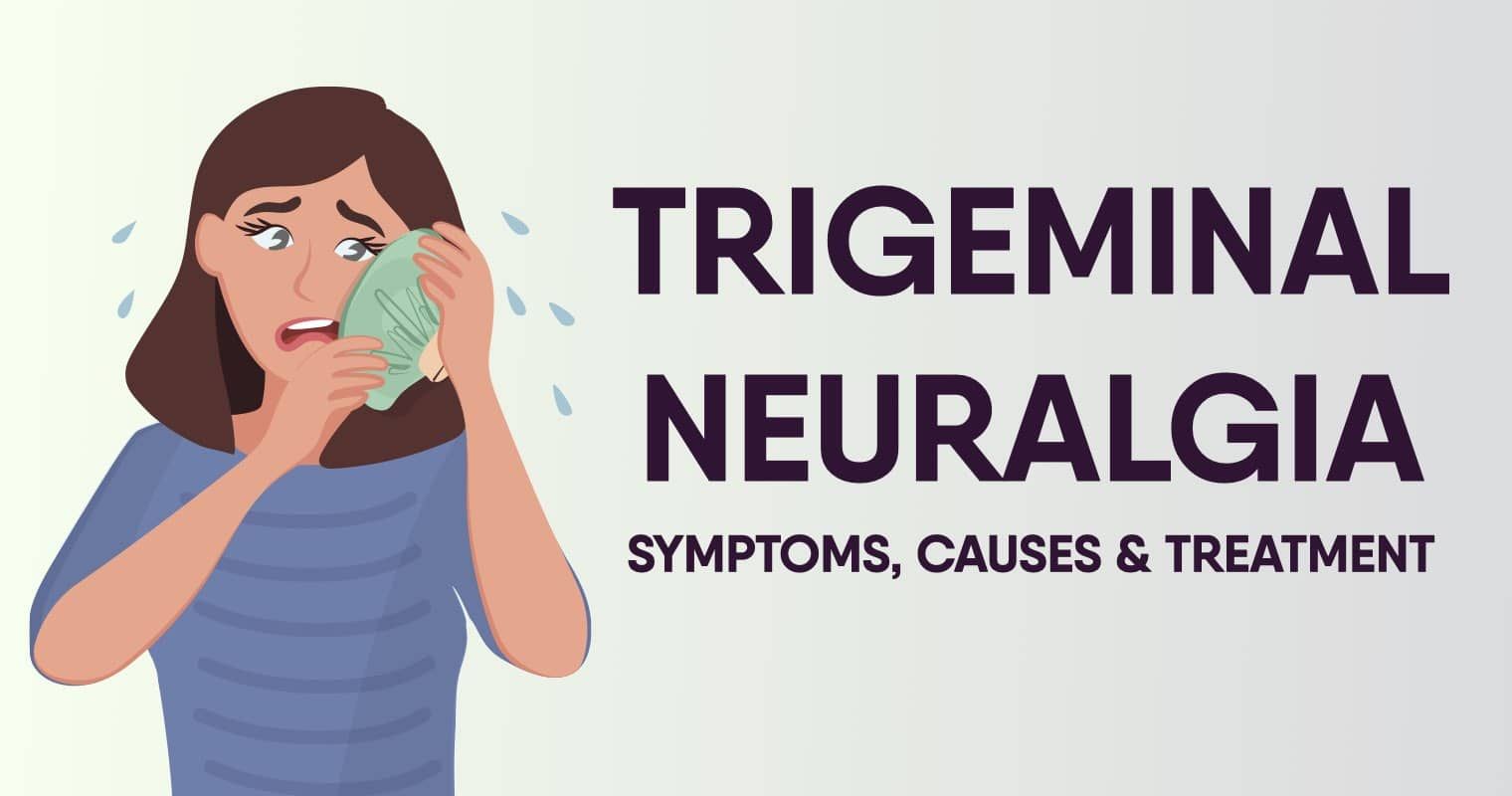
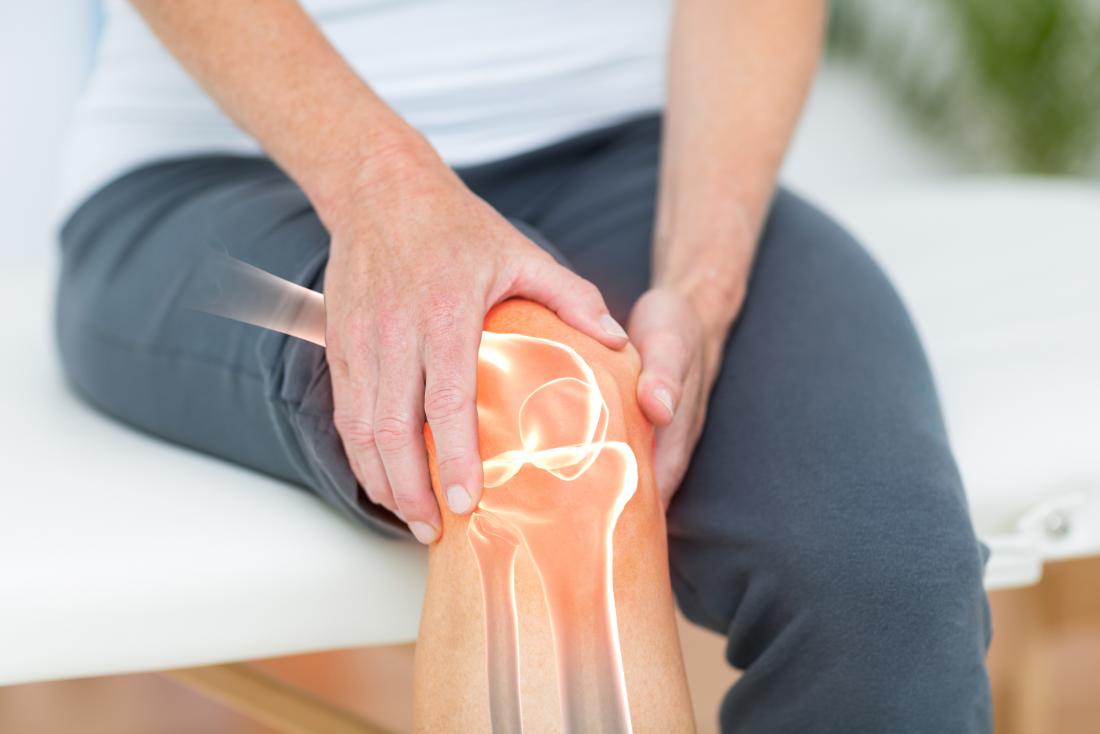
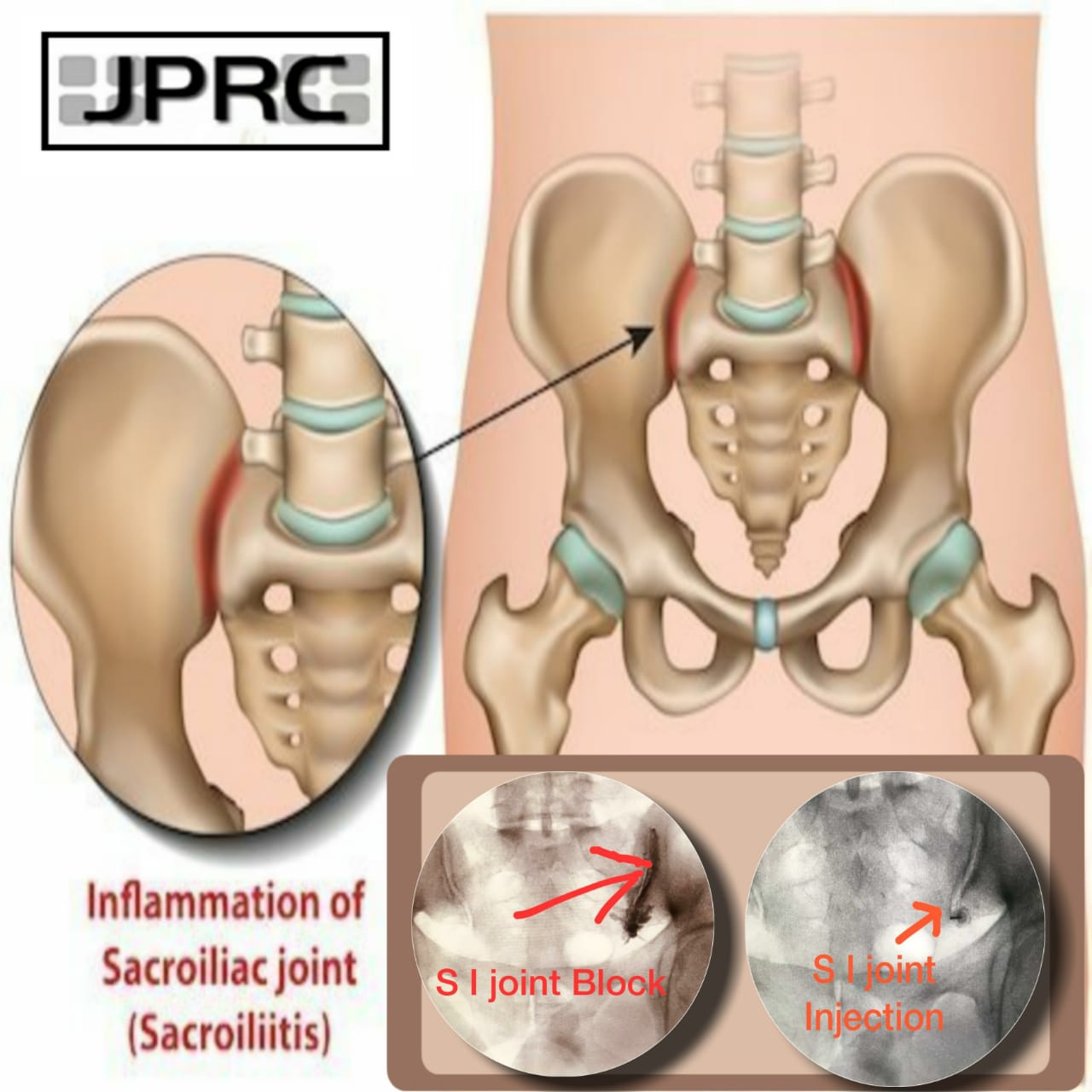





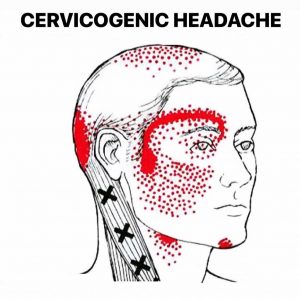




.jpg)




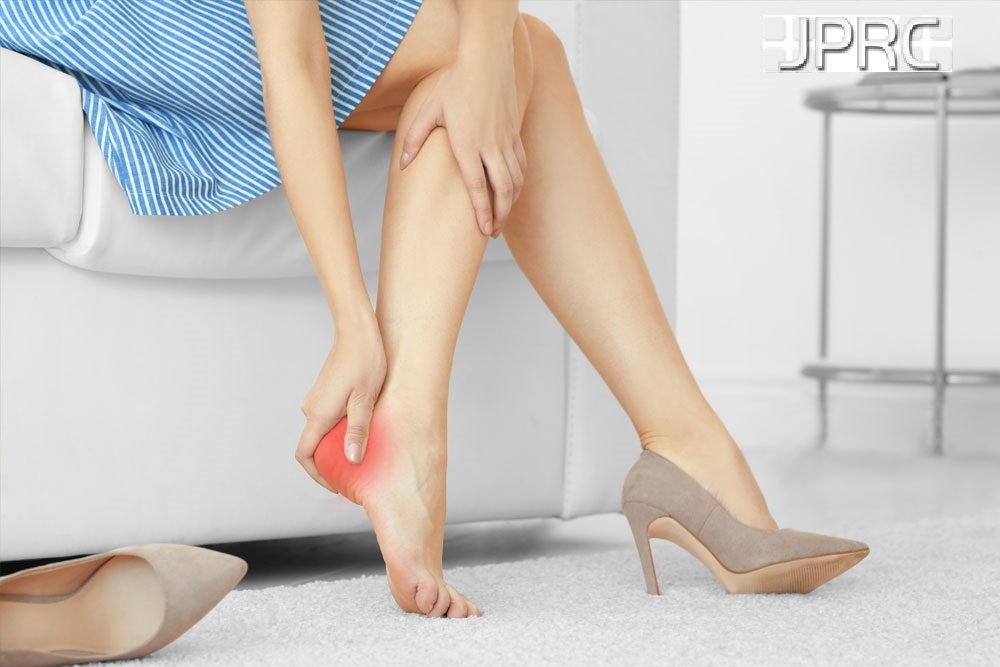

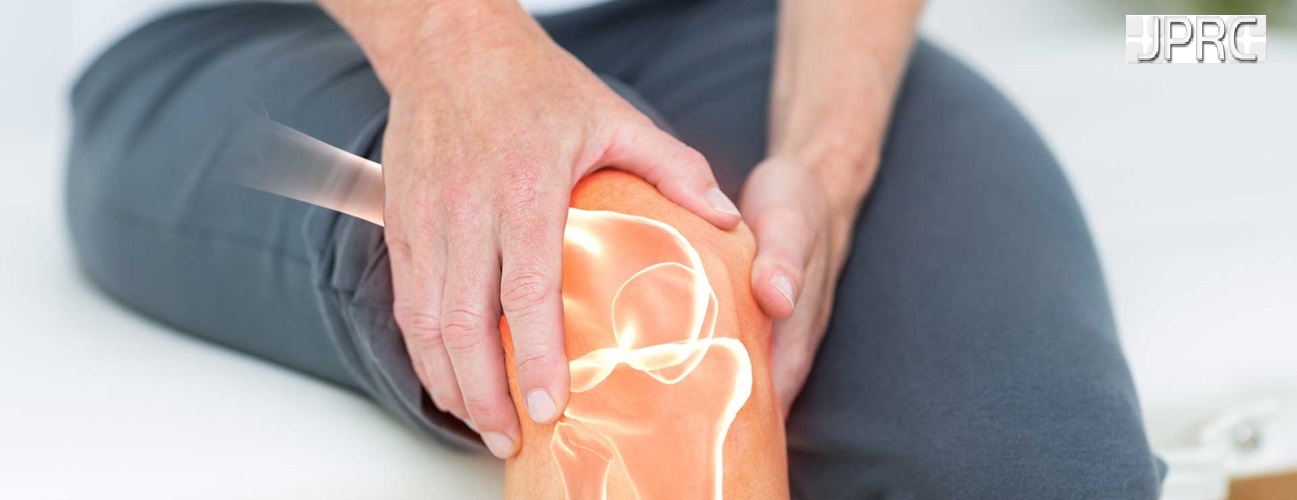

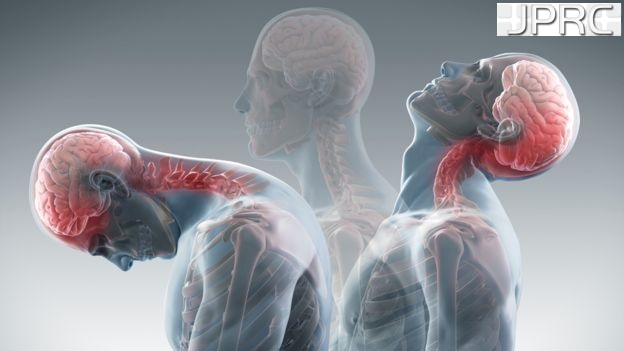


_Injection_Description_in_Hindi.jpg)
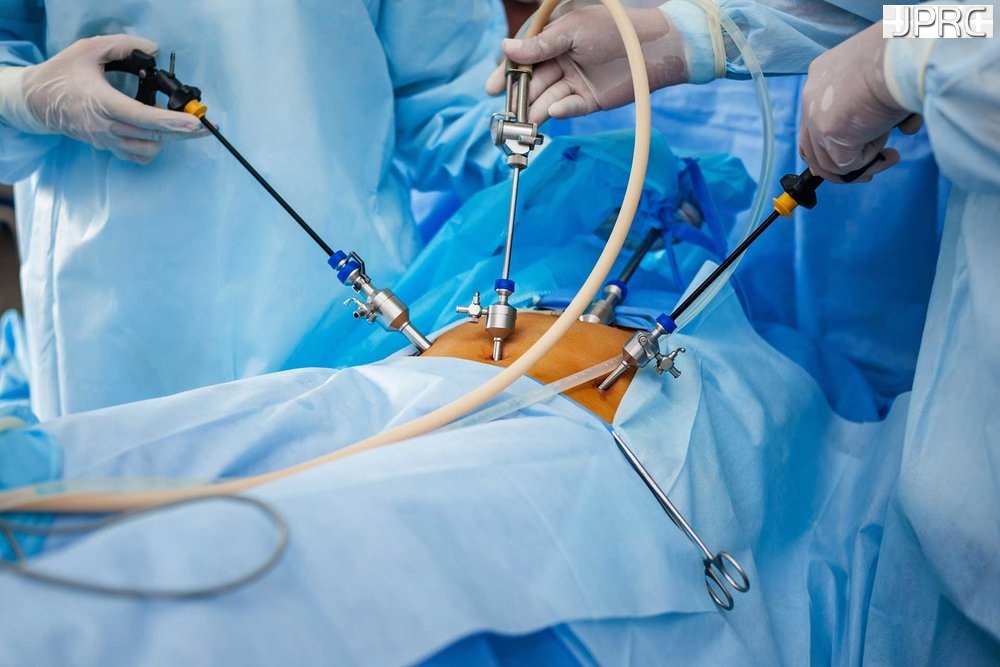

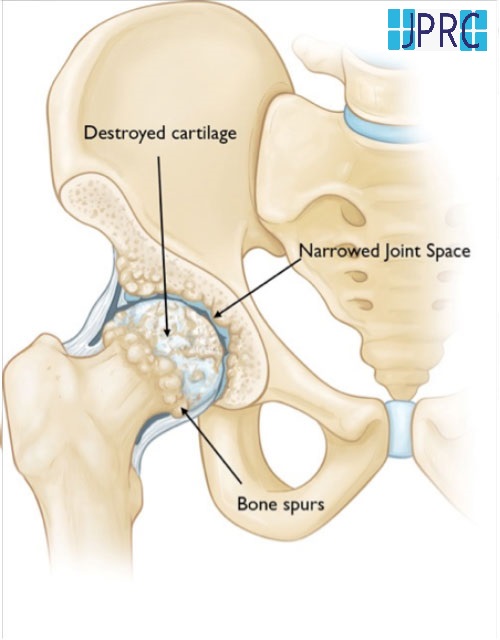



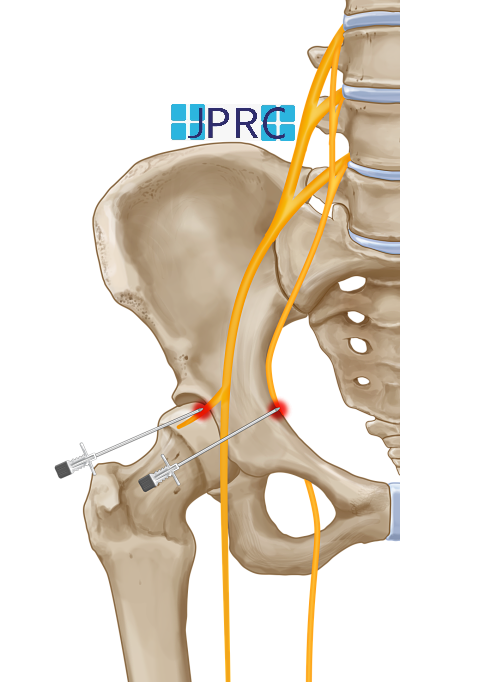


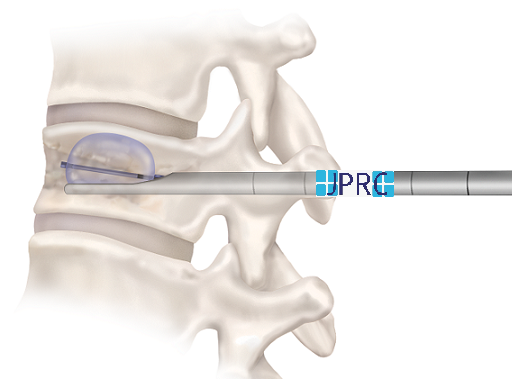

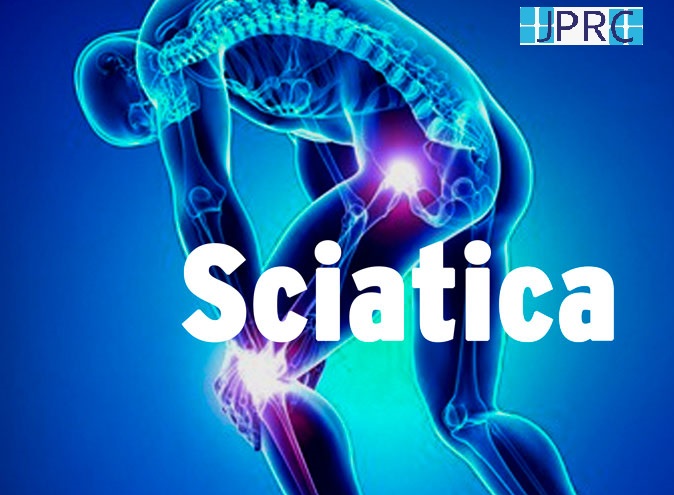



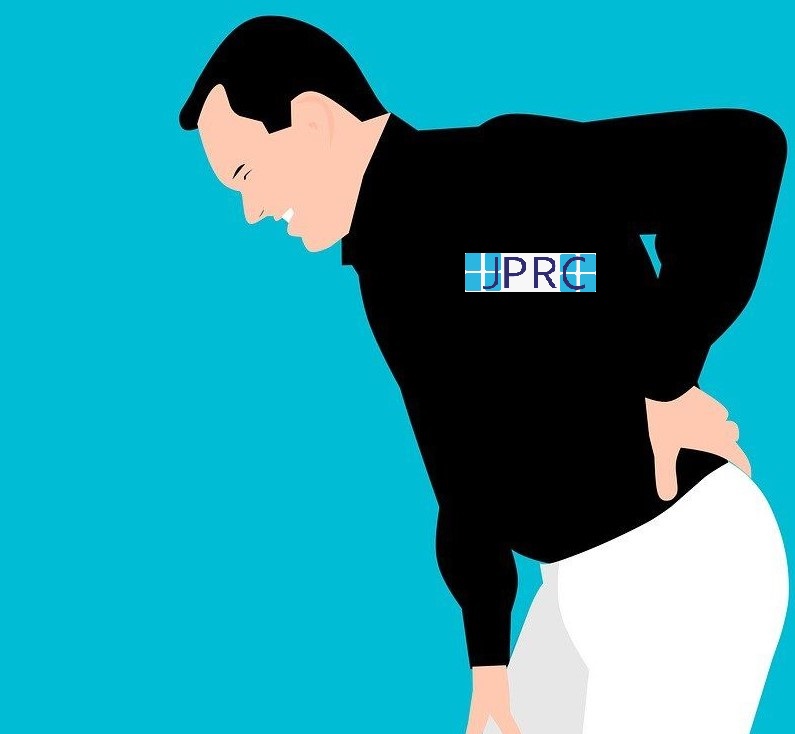
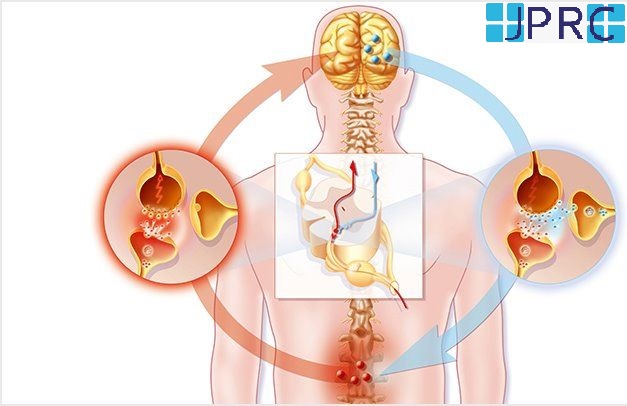

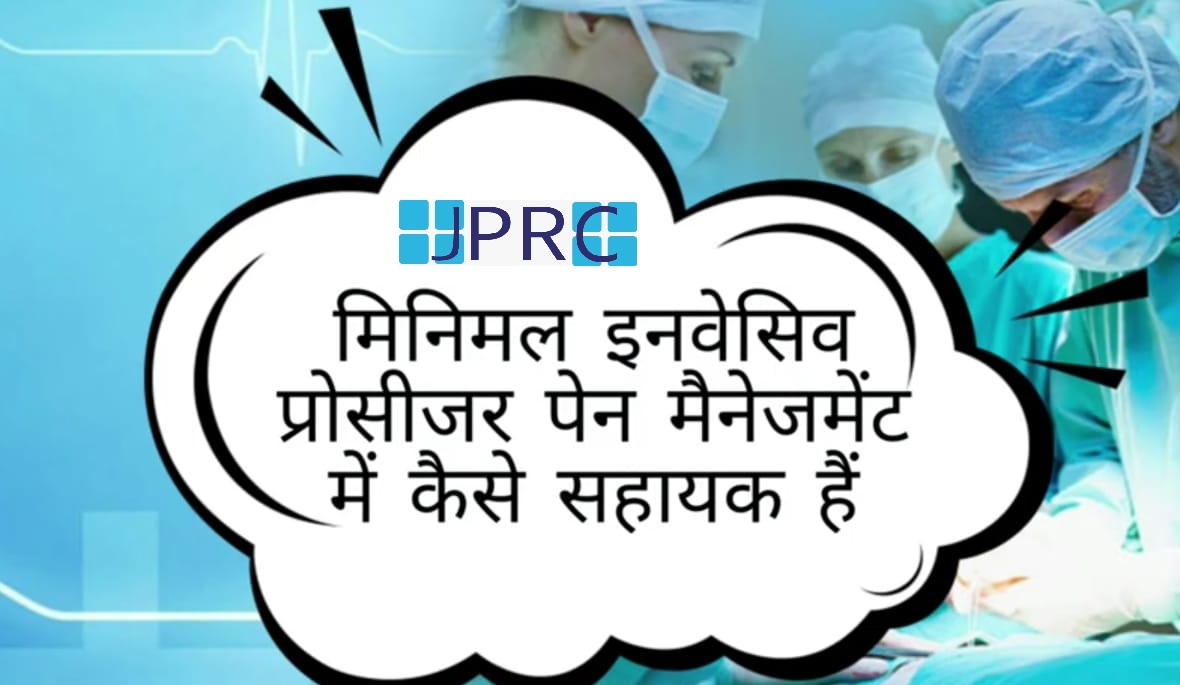
.jpg)
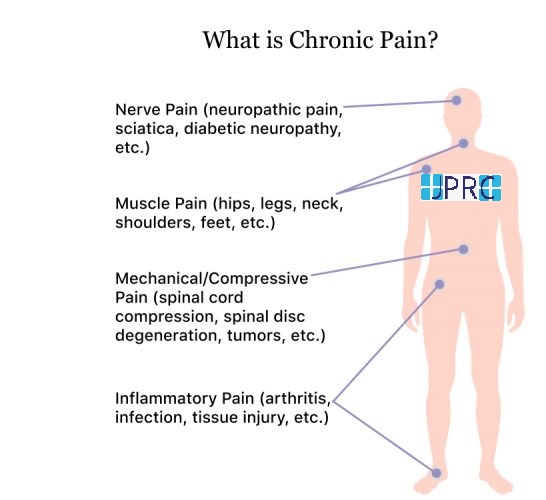



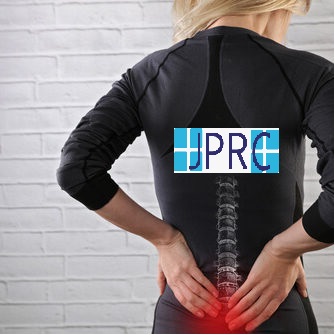


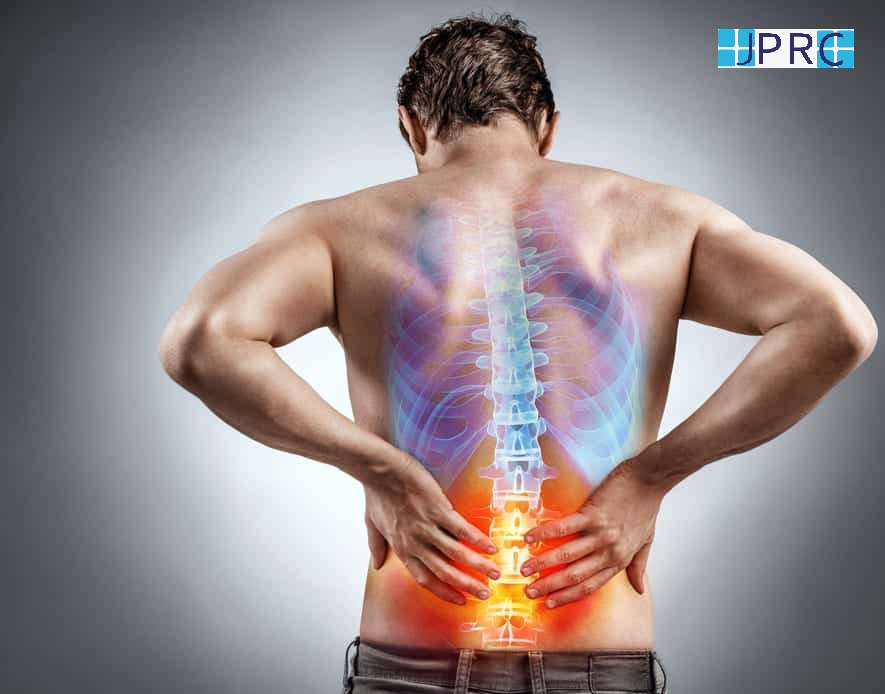
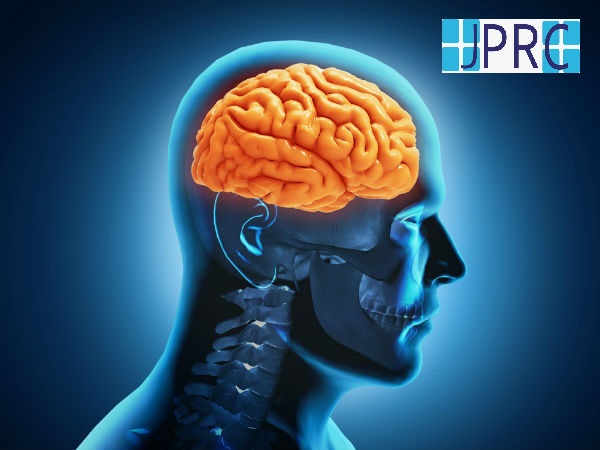

.jpg)




.jpg)
.jpg)
.jpg)



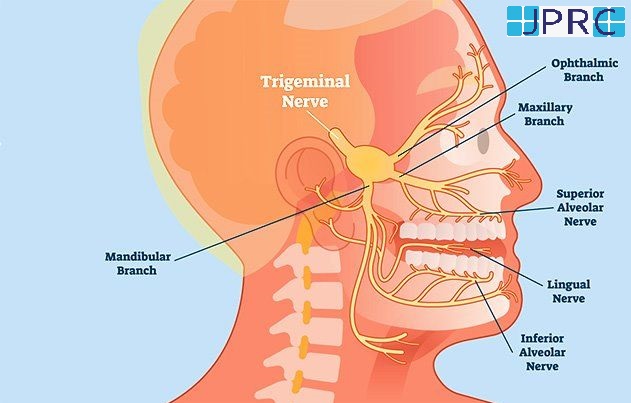

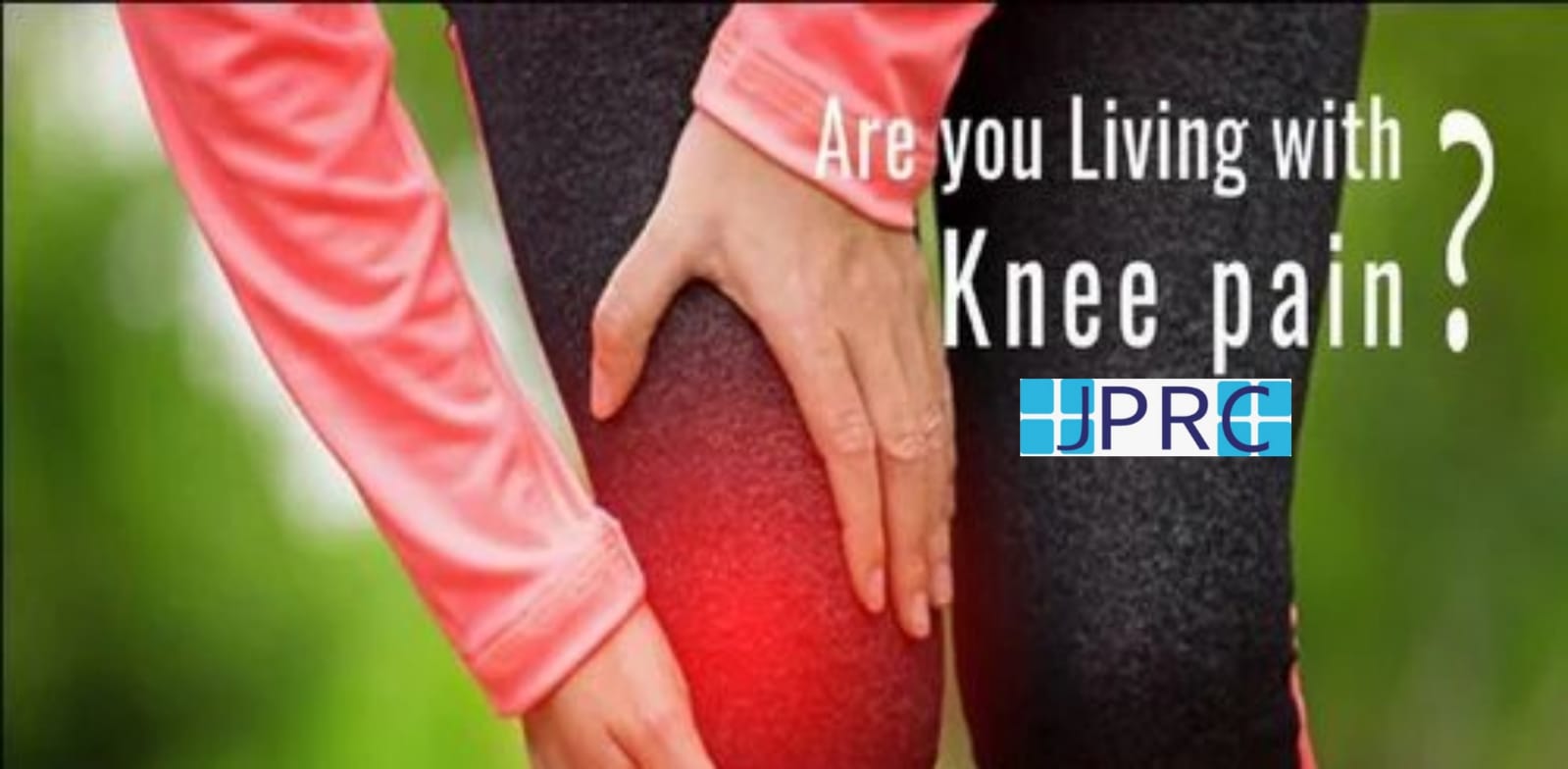

.jpg)
.jpg)
.jpg)
.jpg)
.jpg)
.jpg)
.jpg)
.jpg)
.jpg)
.jpg)
.jpg)
.jpg)
.jpg)
.jpg)
.jpg)
.jpg)
.jpg)
.jpg)
.jpg)
.jpg)
.jpg)
.jpg)
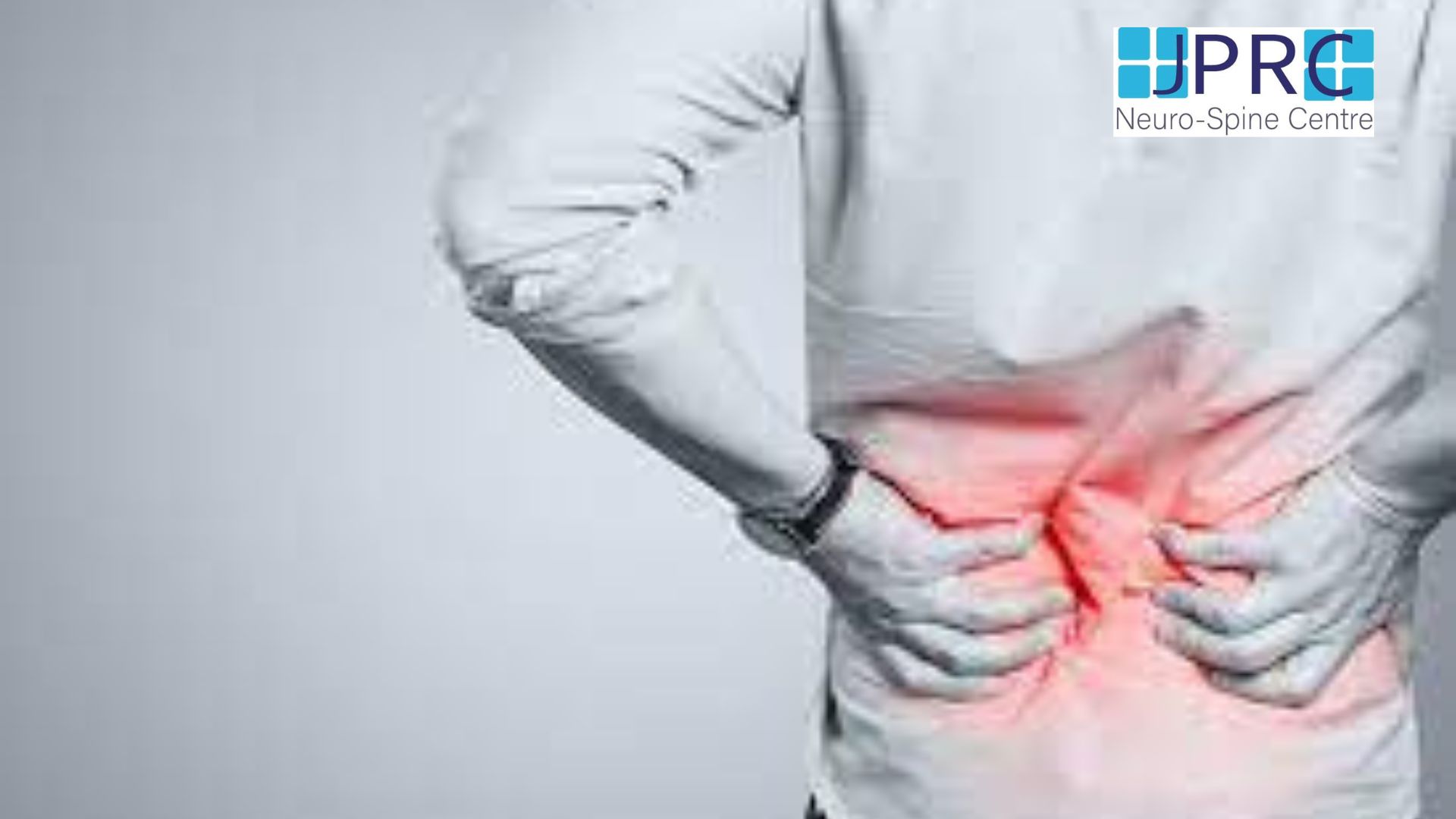



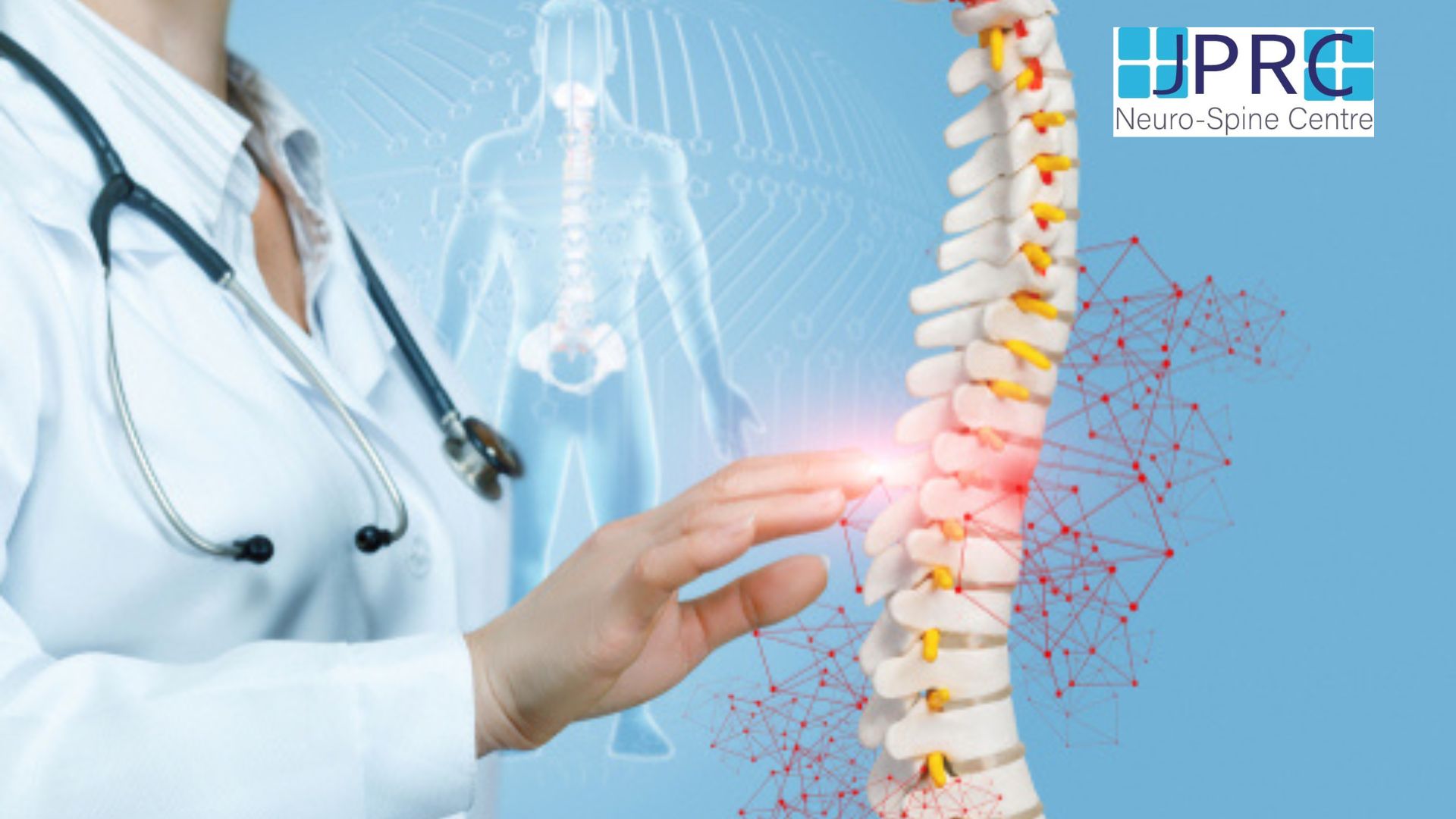

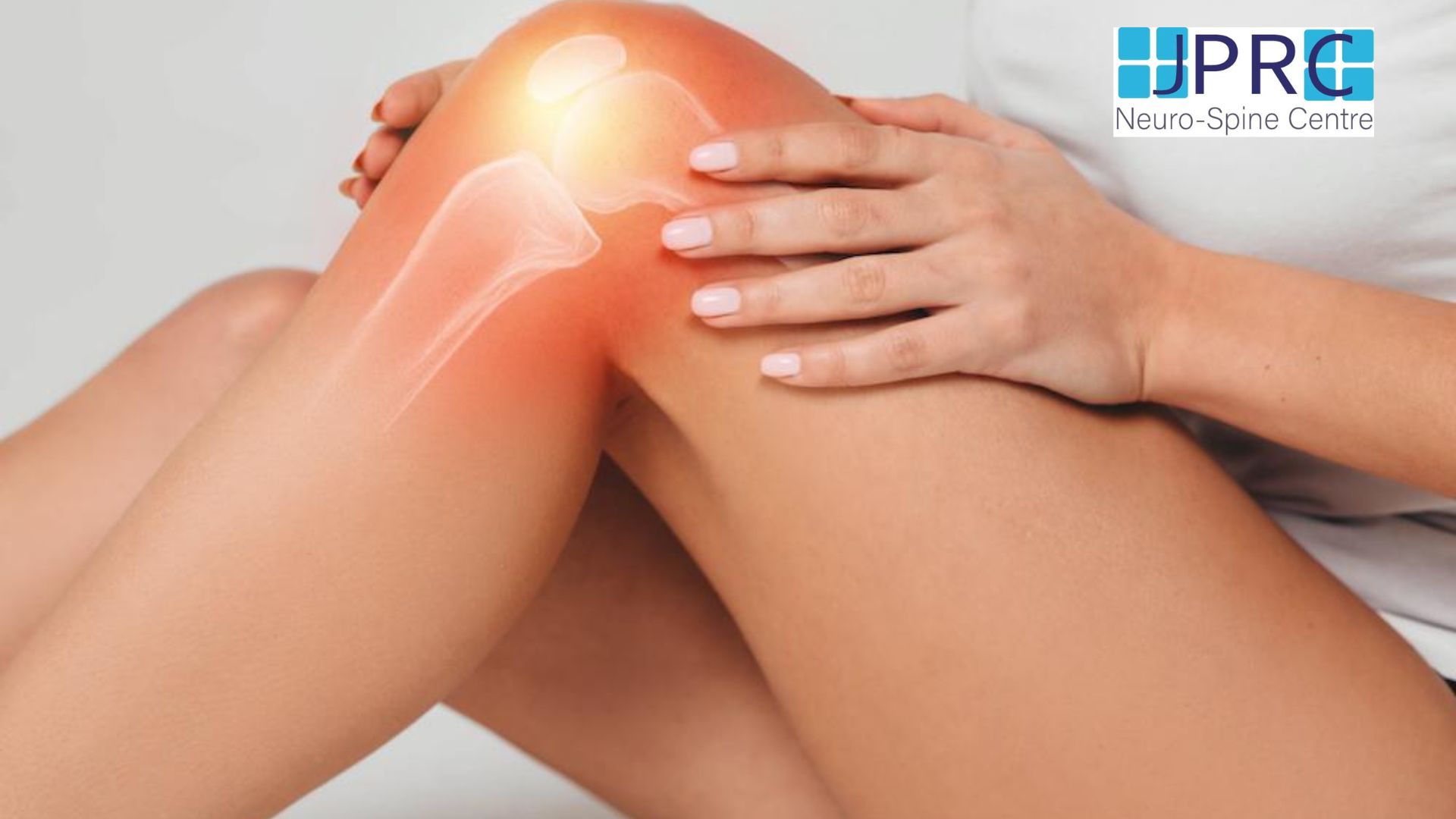

1.jpg)
1.jpg)
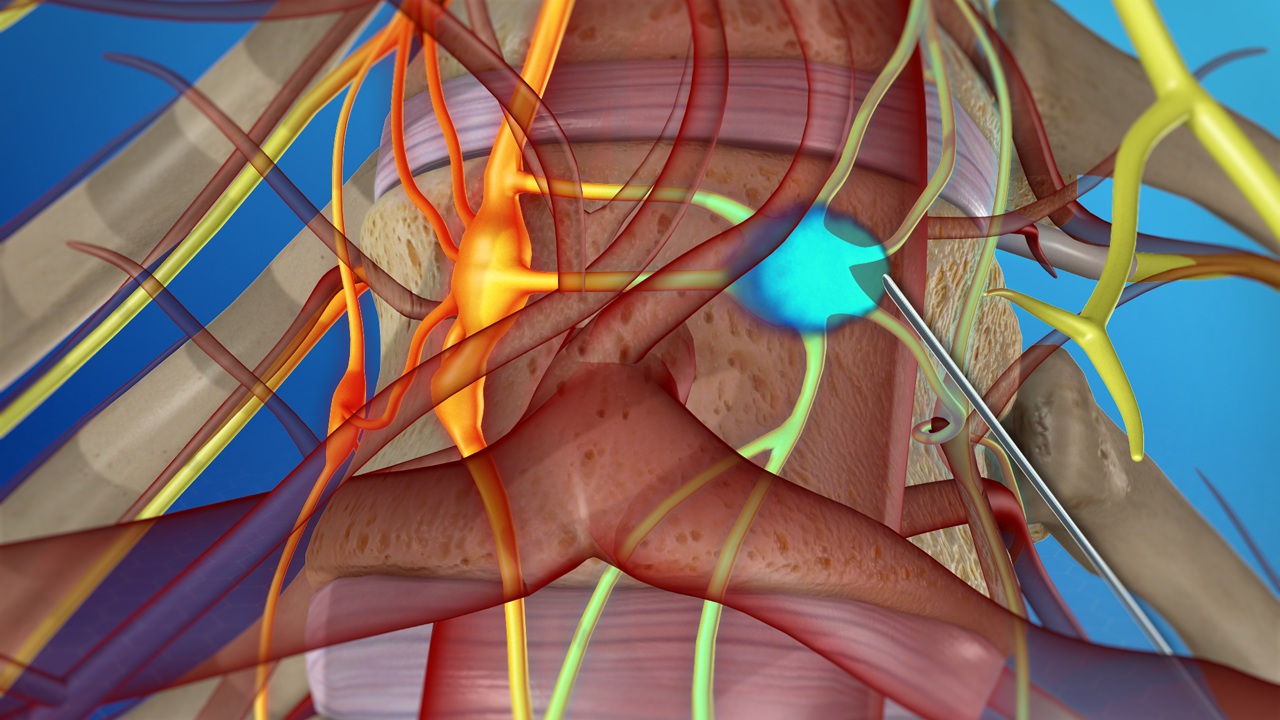
1.jpg)
1.jpg)
1.jpg)
1.jpg)
1.jpg)






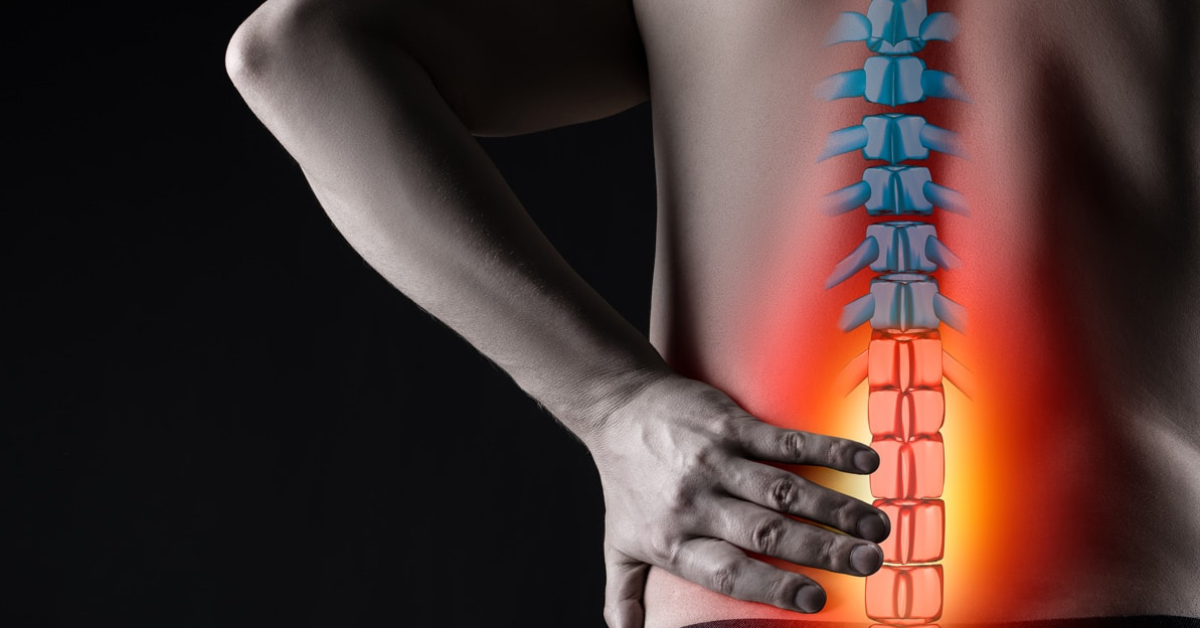

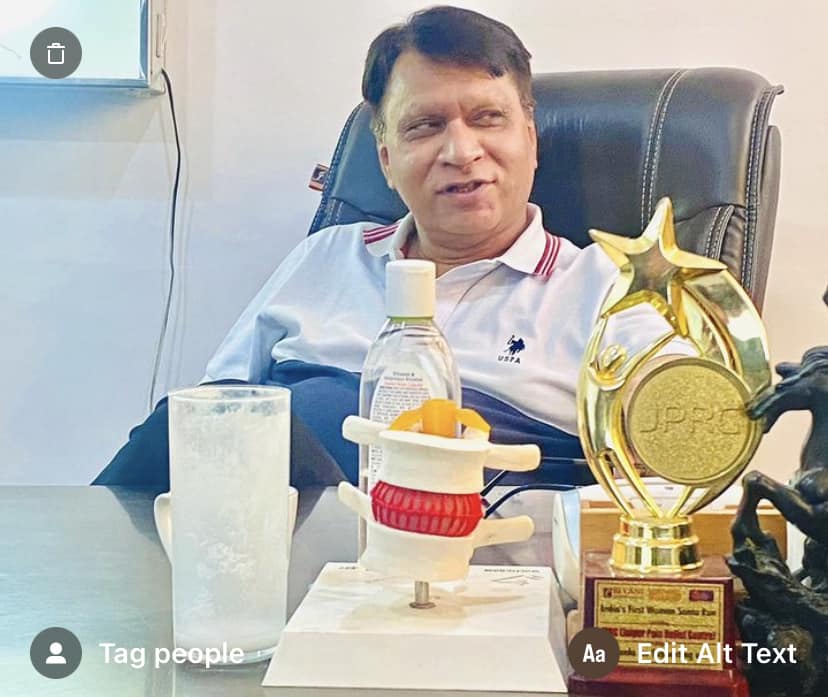
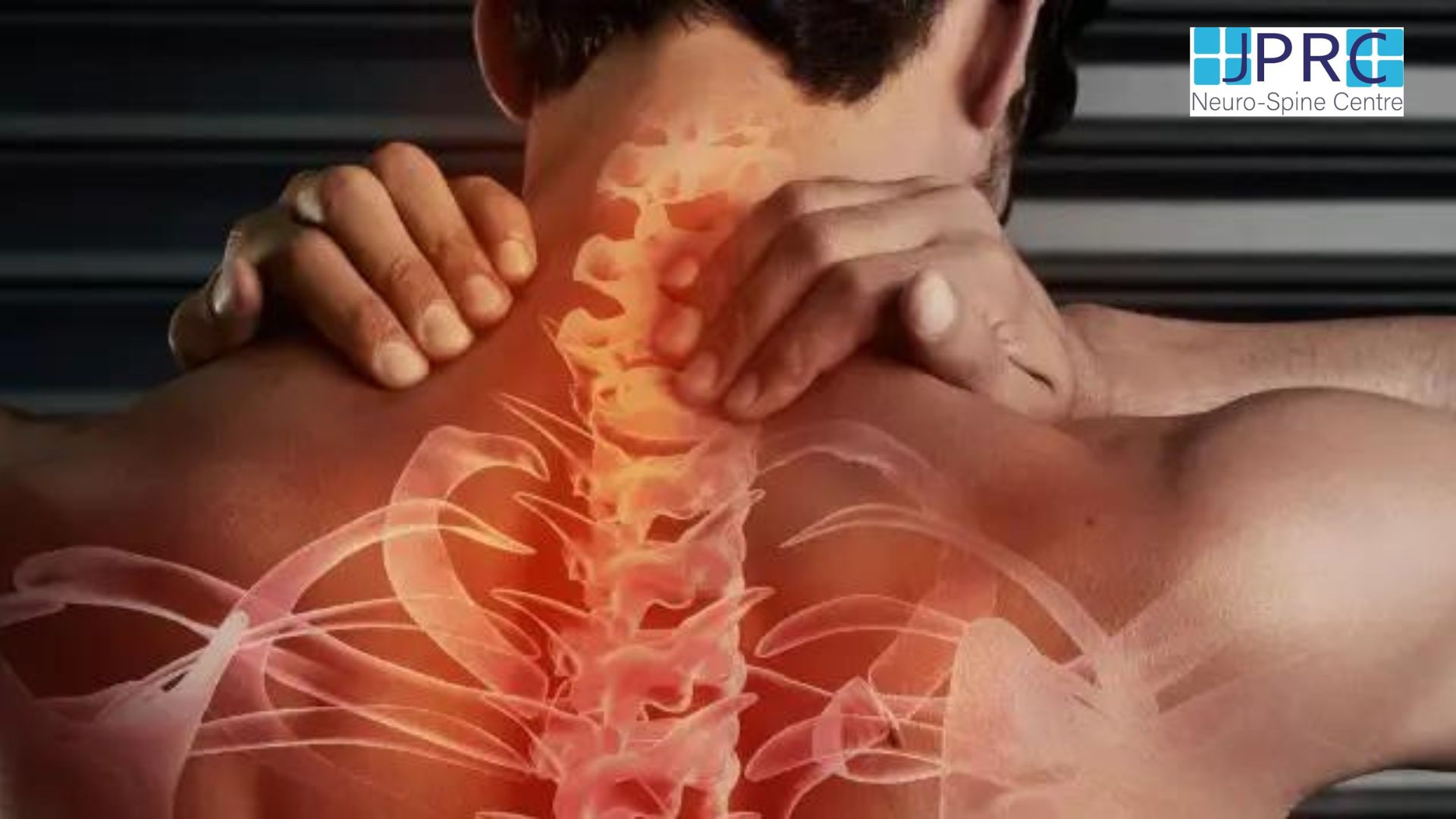
2.jpg)
3.jpg)

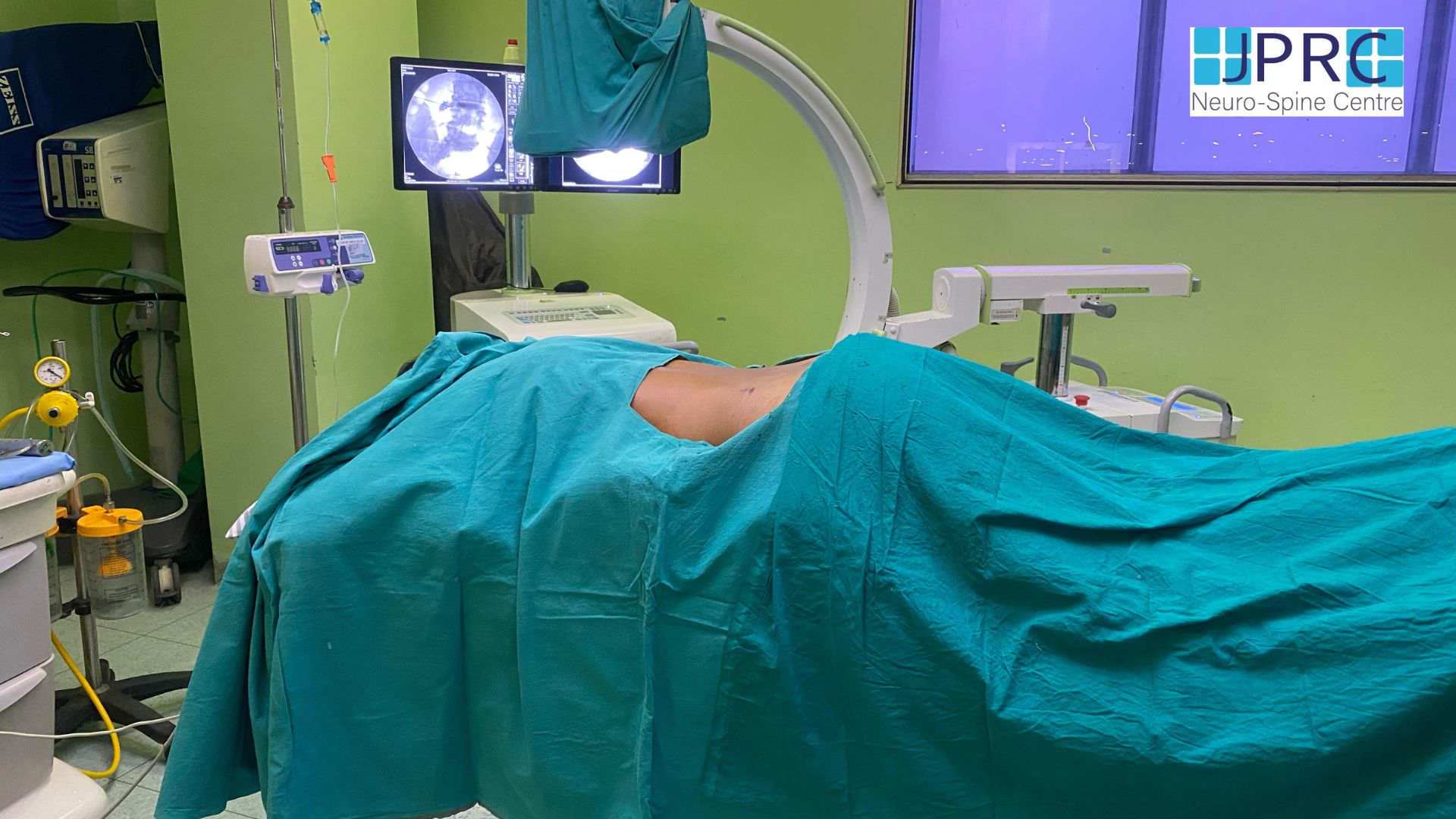
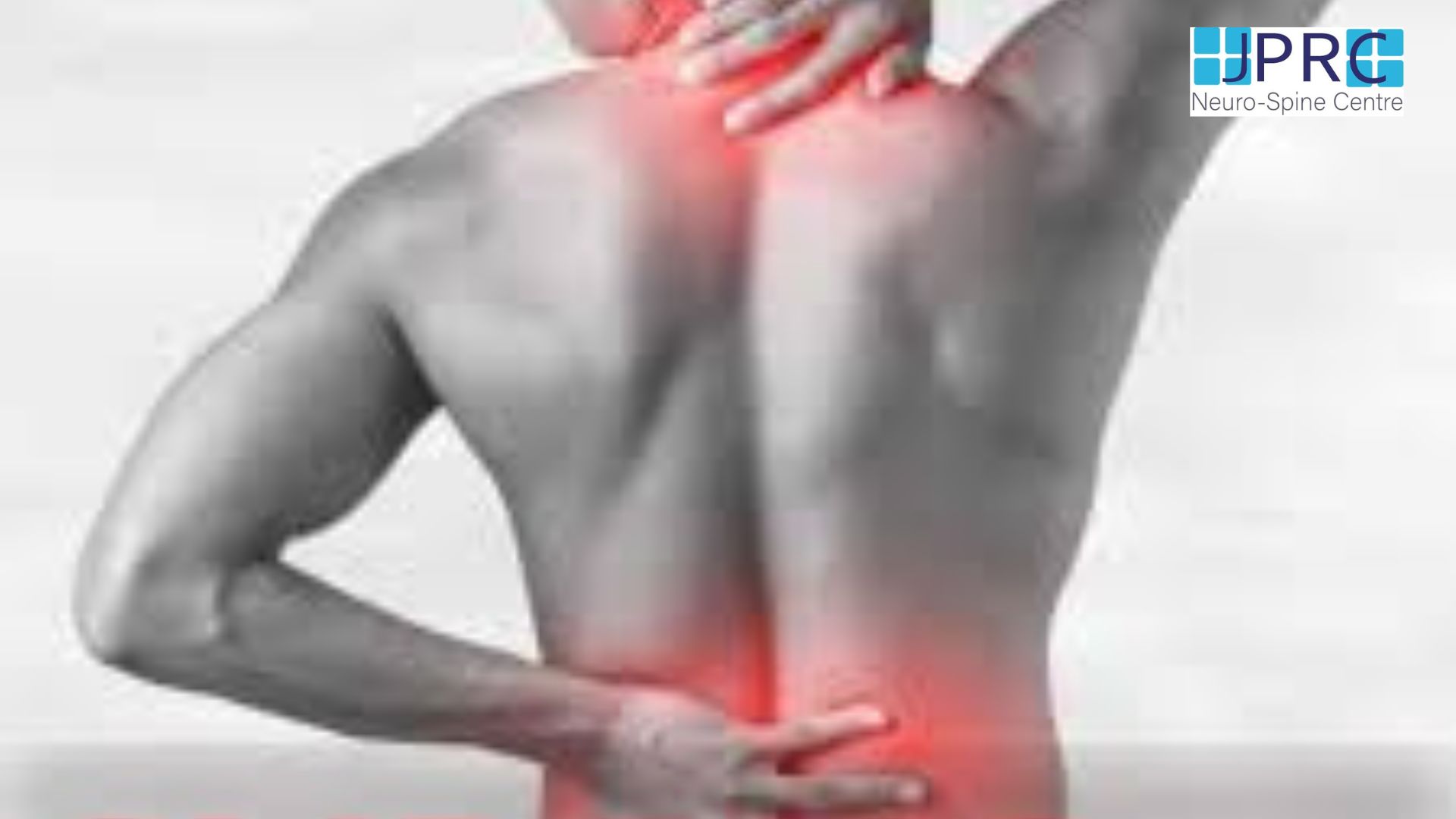
4.jpg)
1.jpg)
2.jpg)
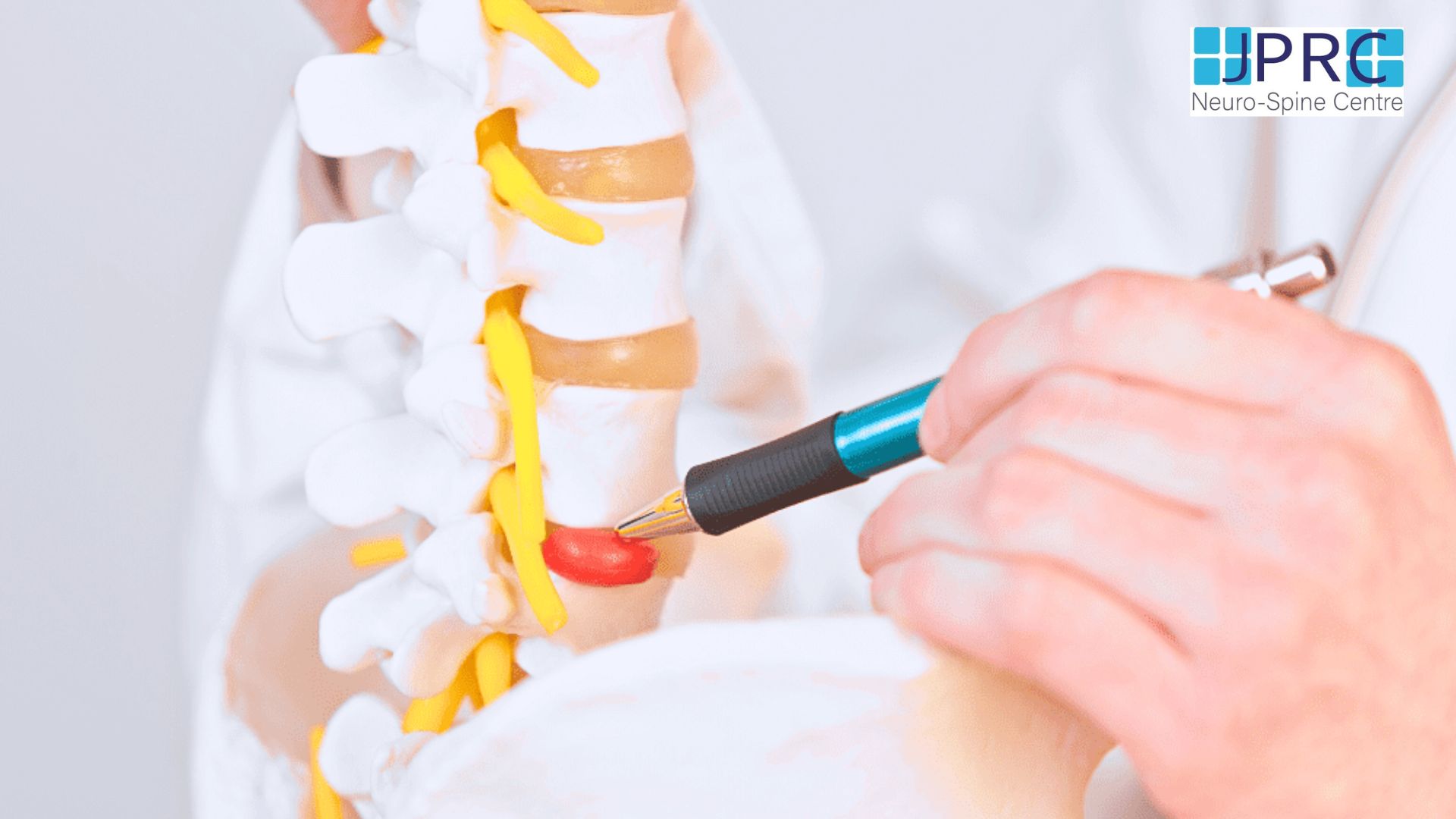
5.jpg)
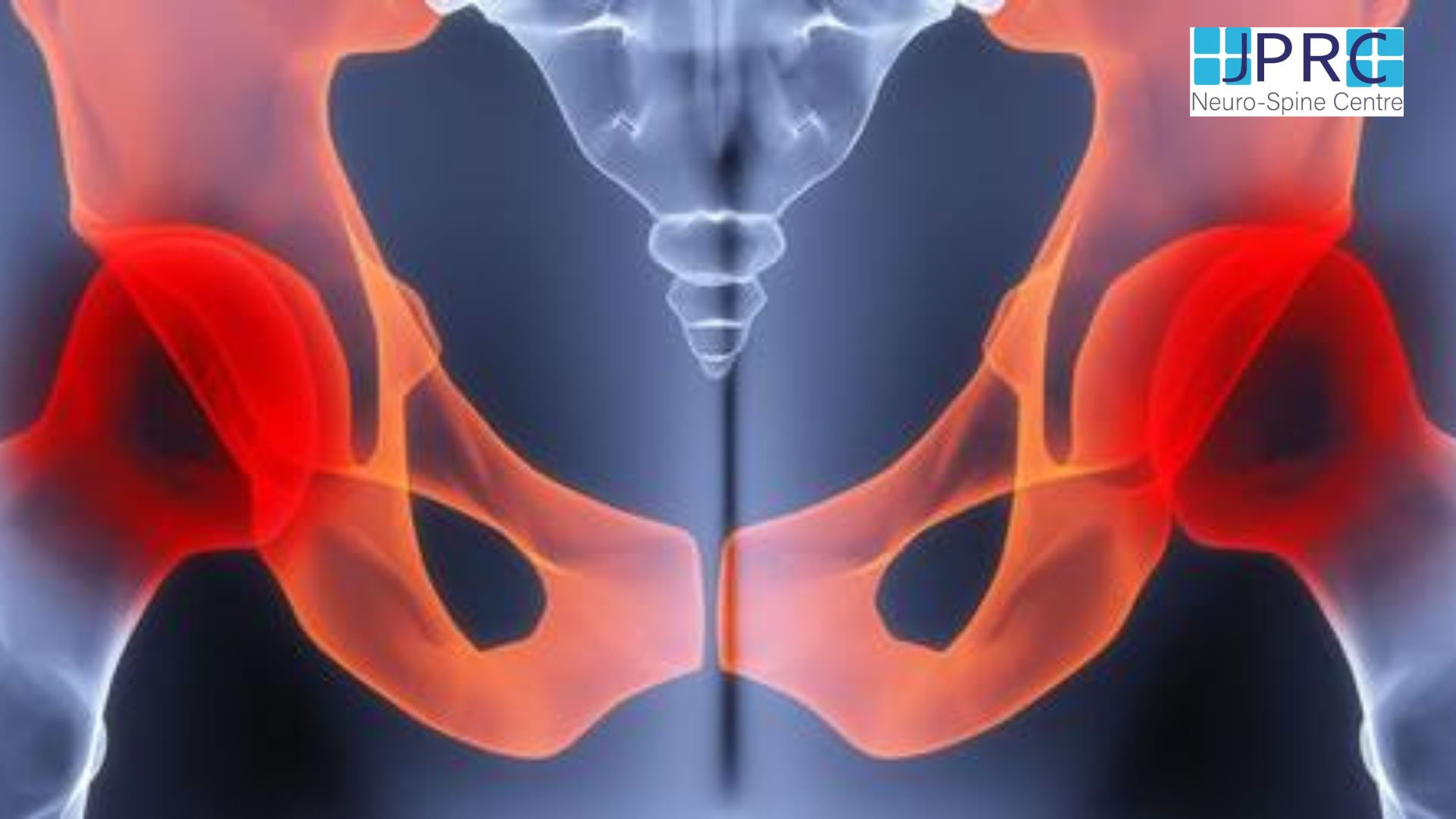
6.jpg)
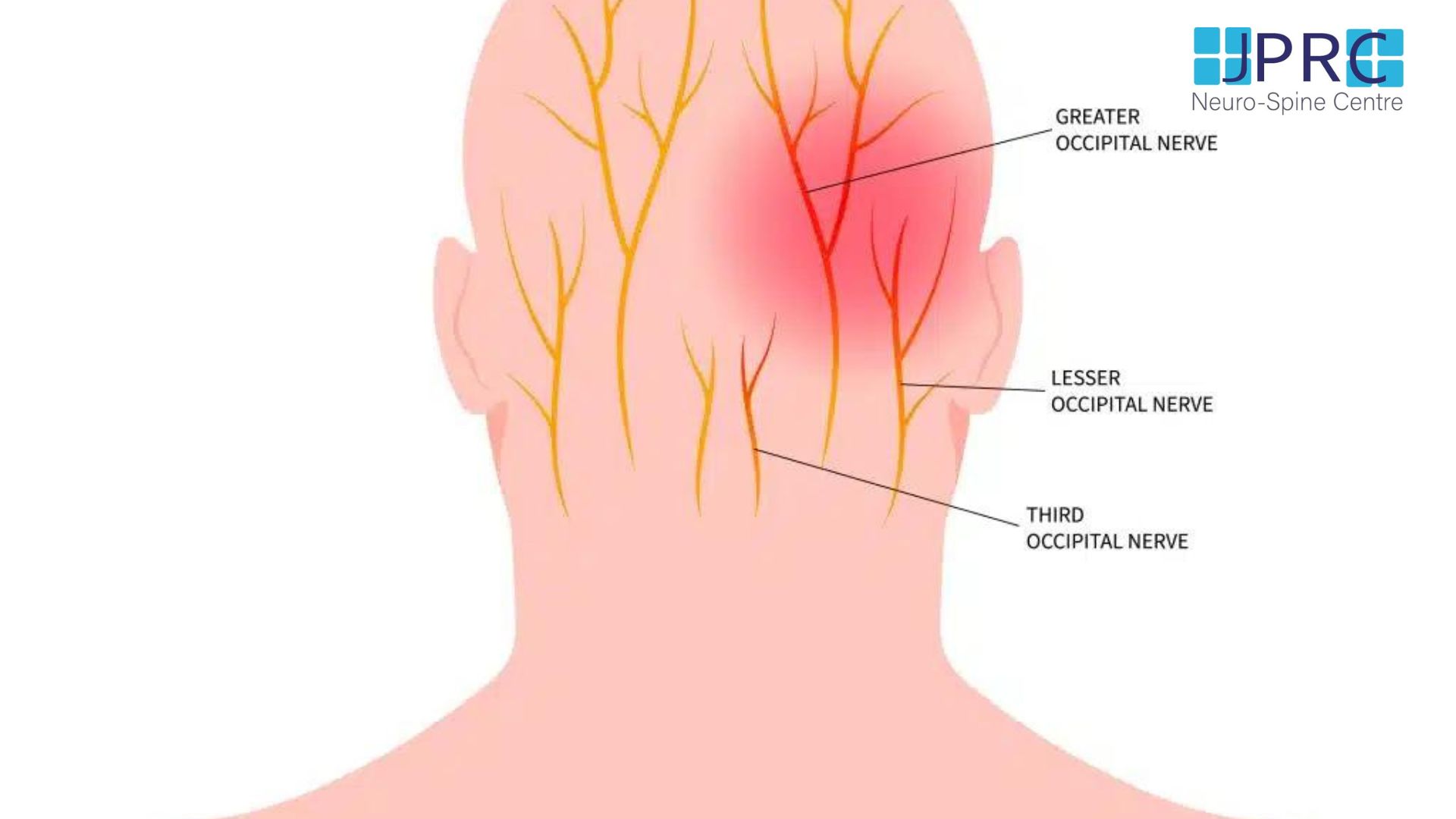
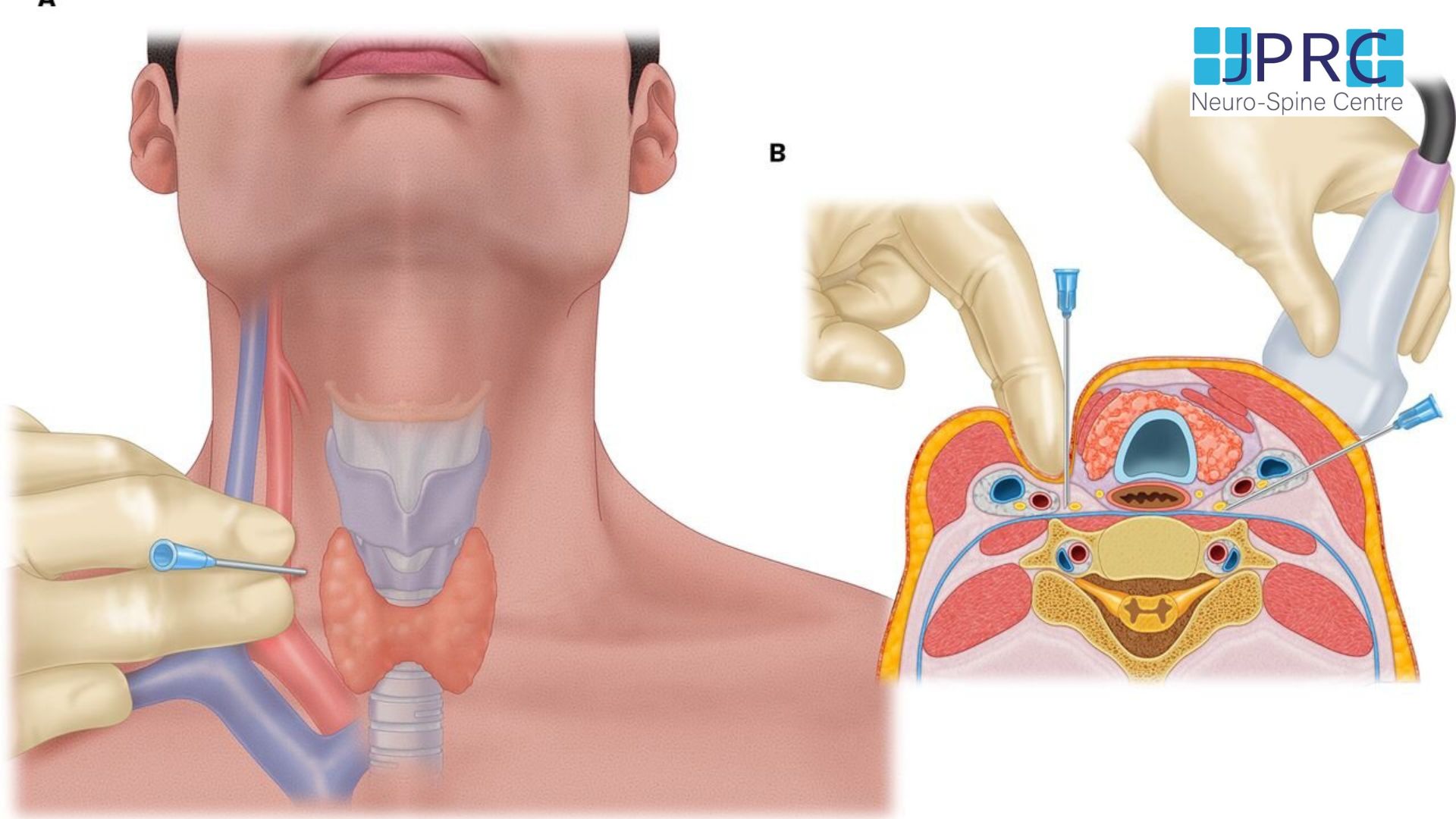


7.jpg)
2.jpg)

8.jpg)

9.jpg)
3.jpg)

10.jpg)

11.jpg)


12.jpg)
4.jpg)


























